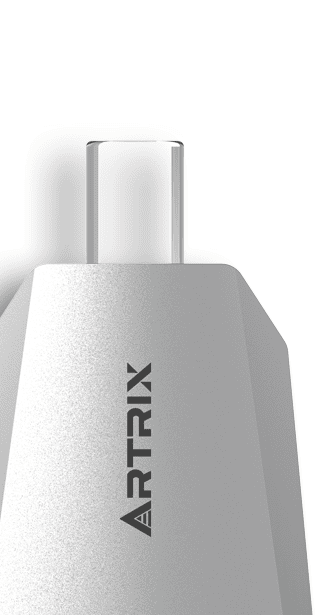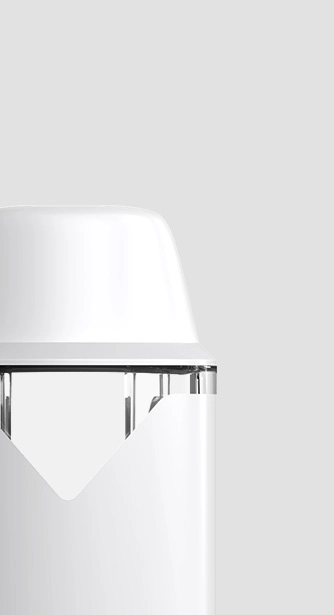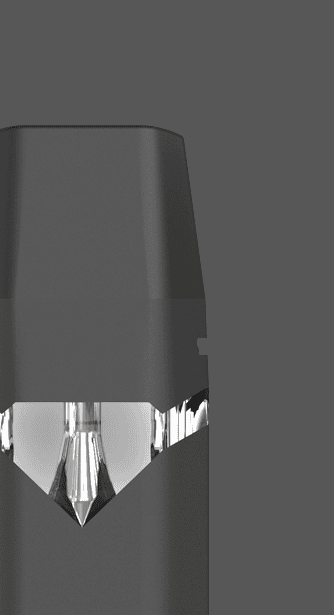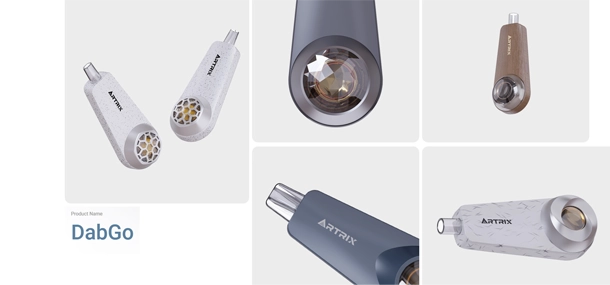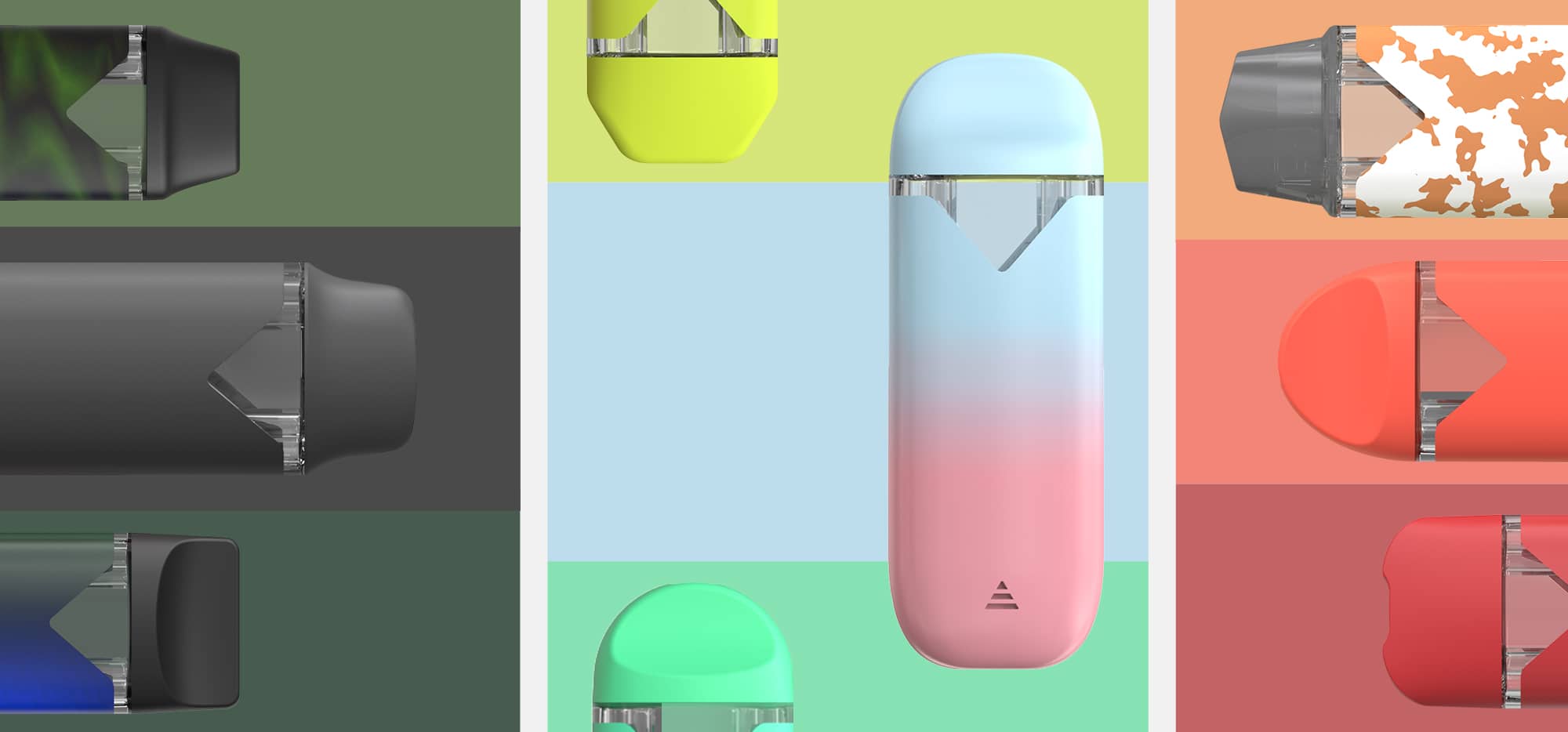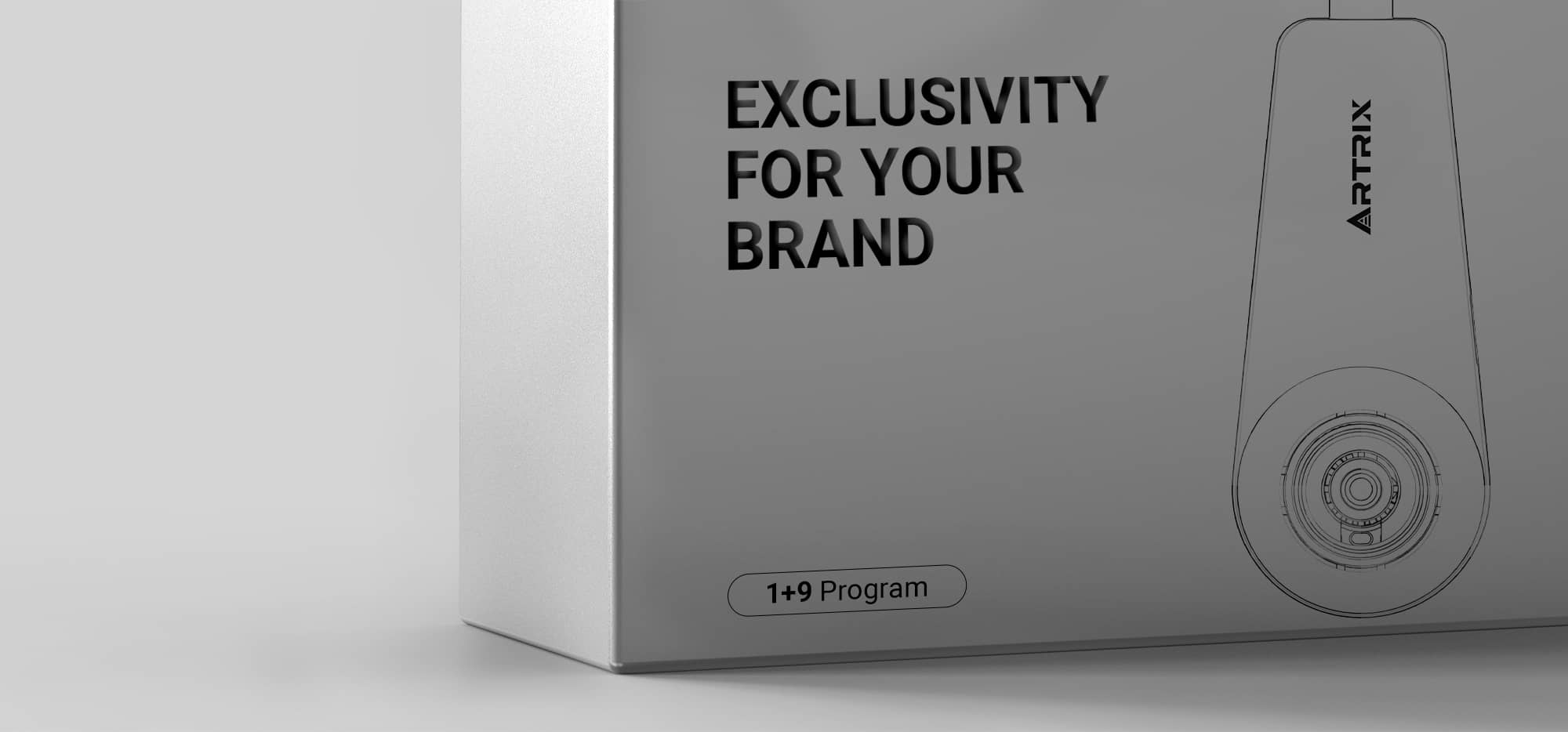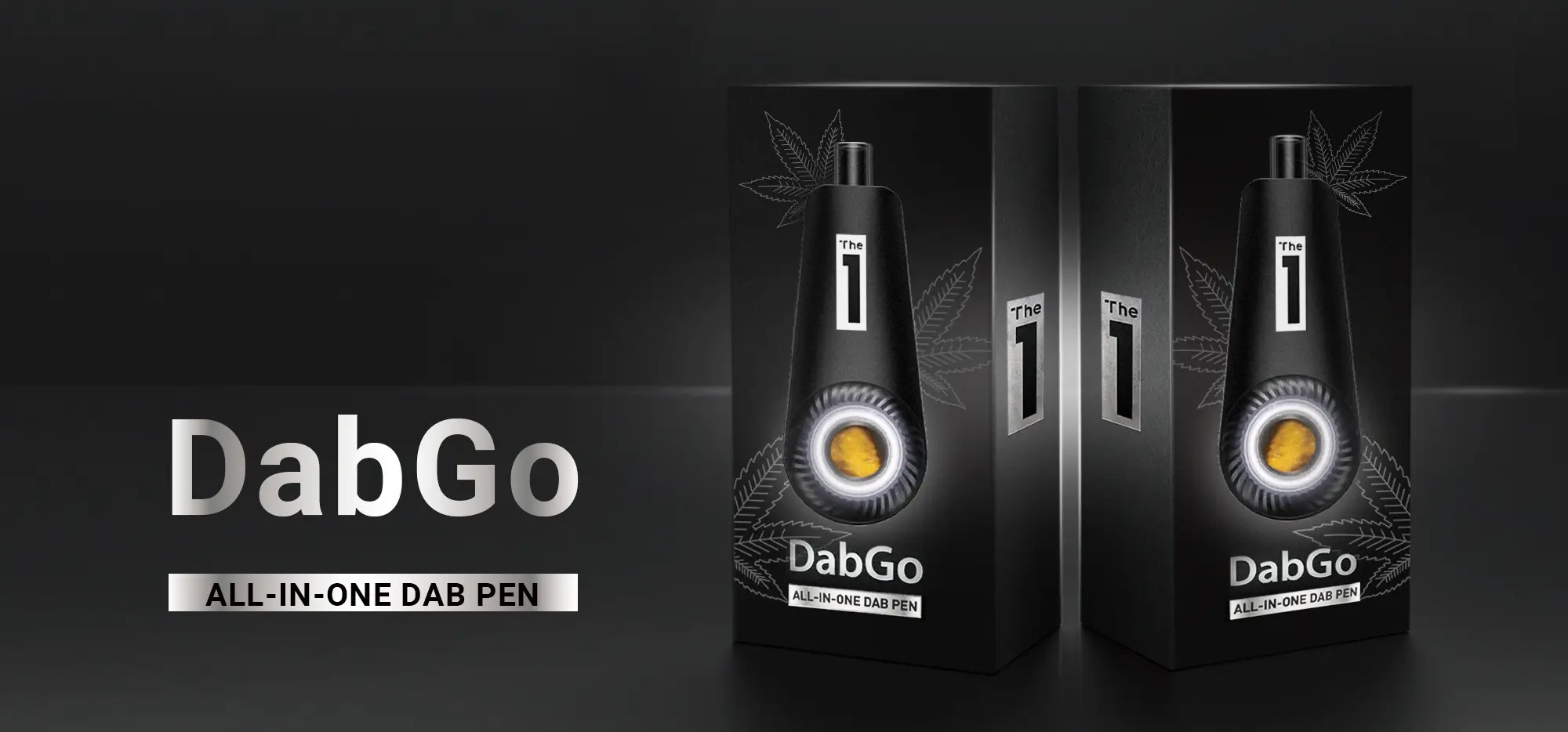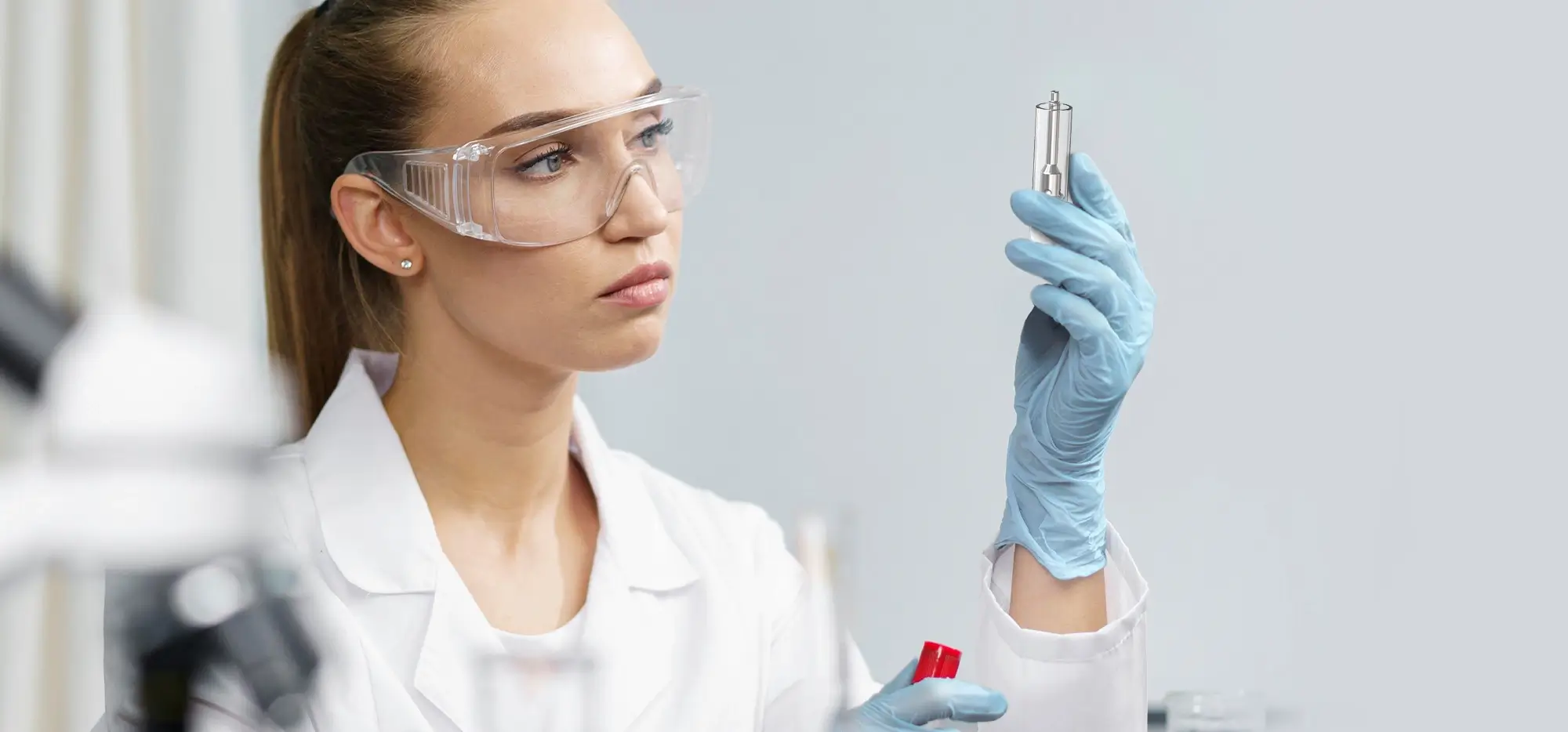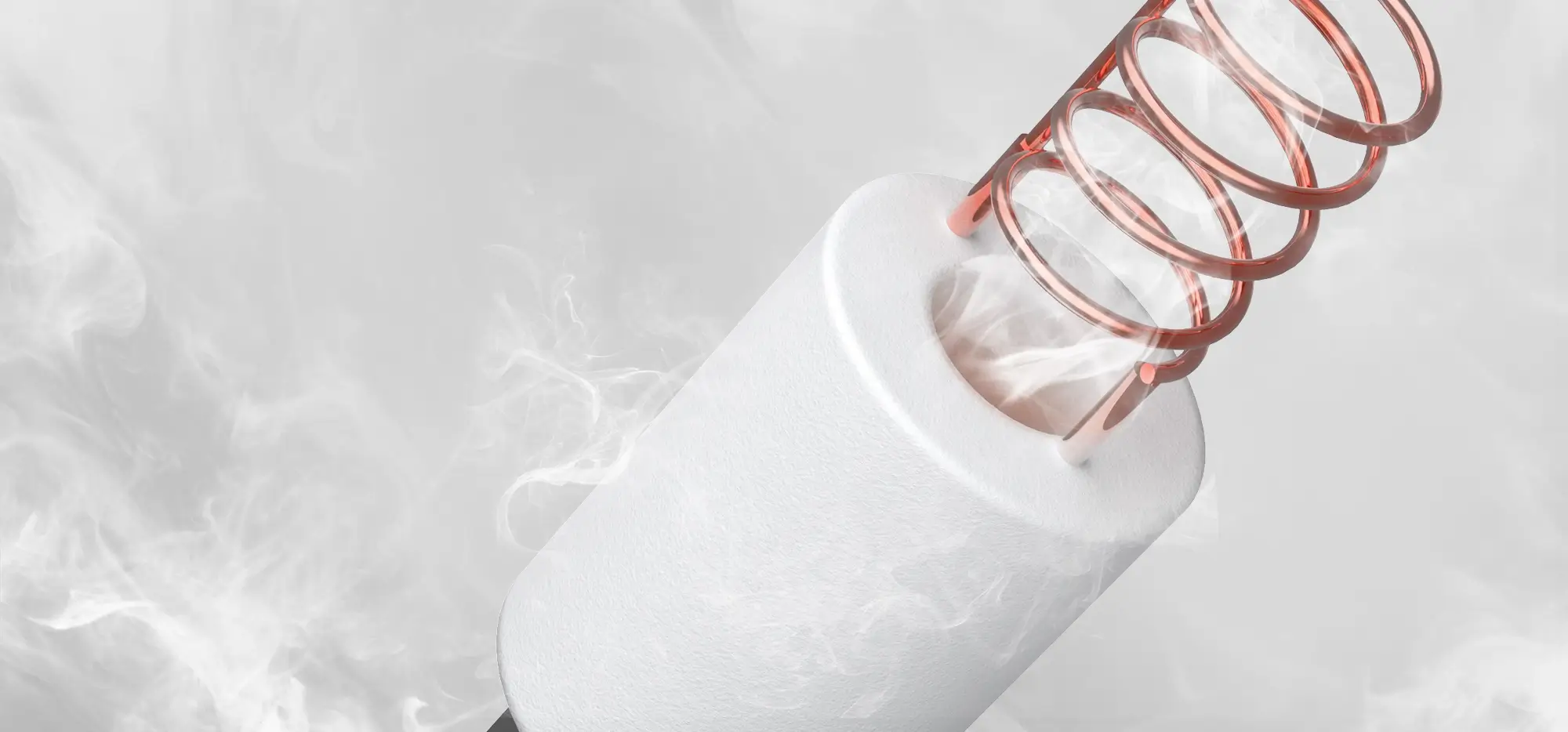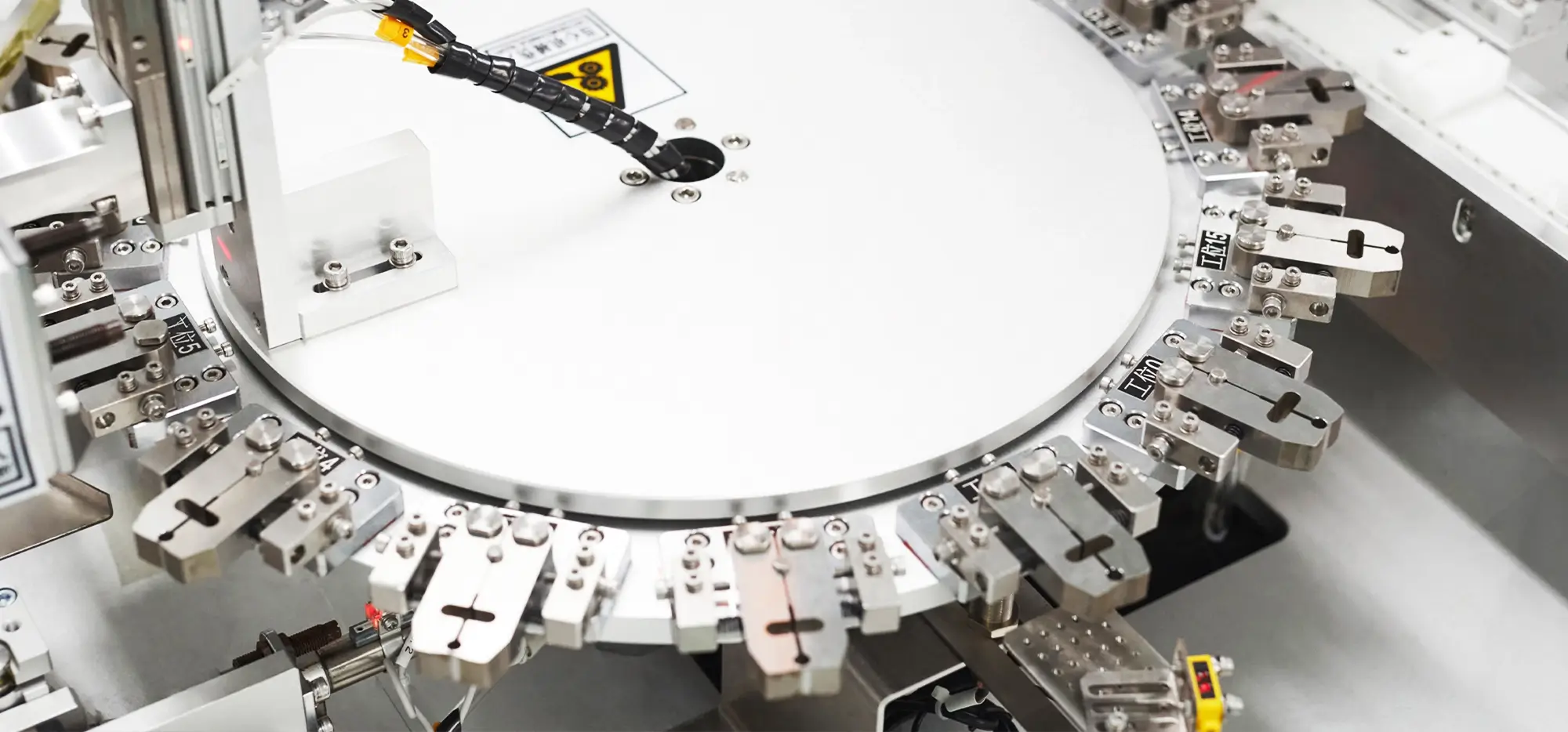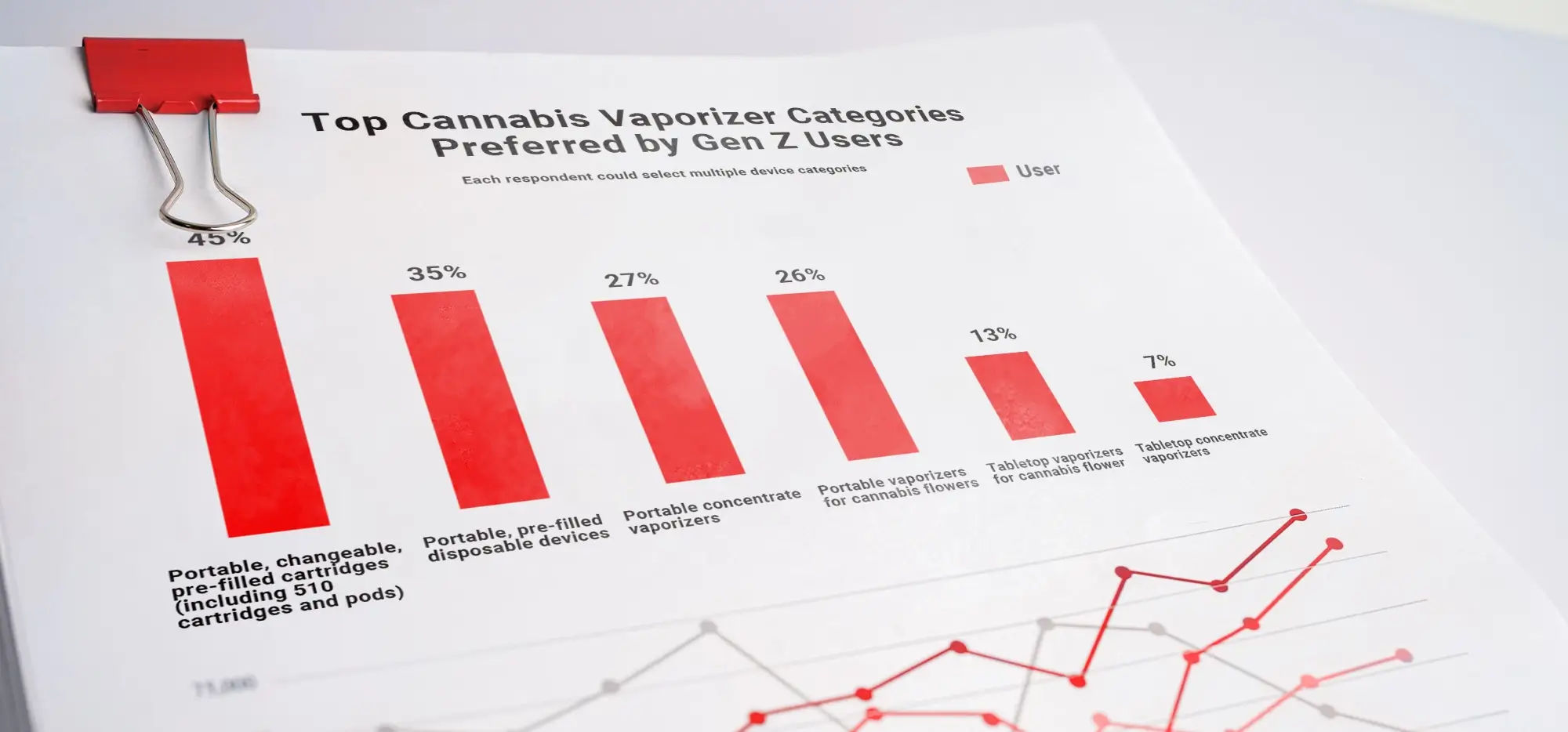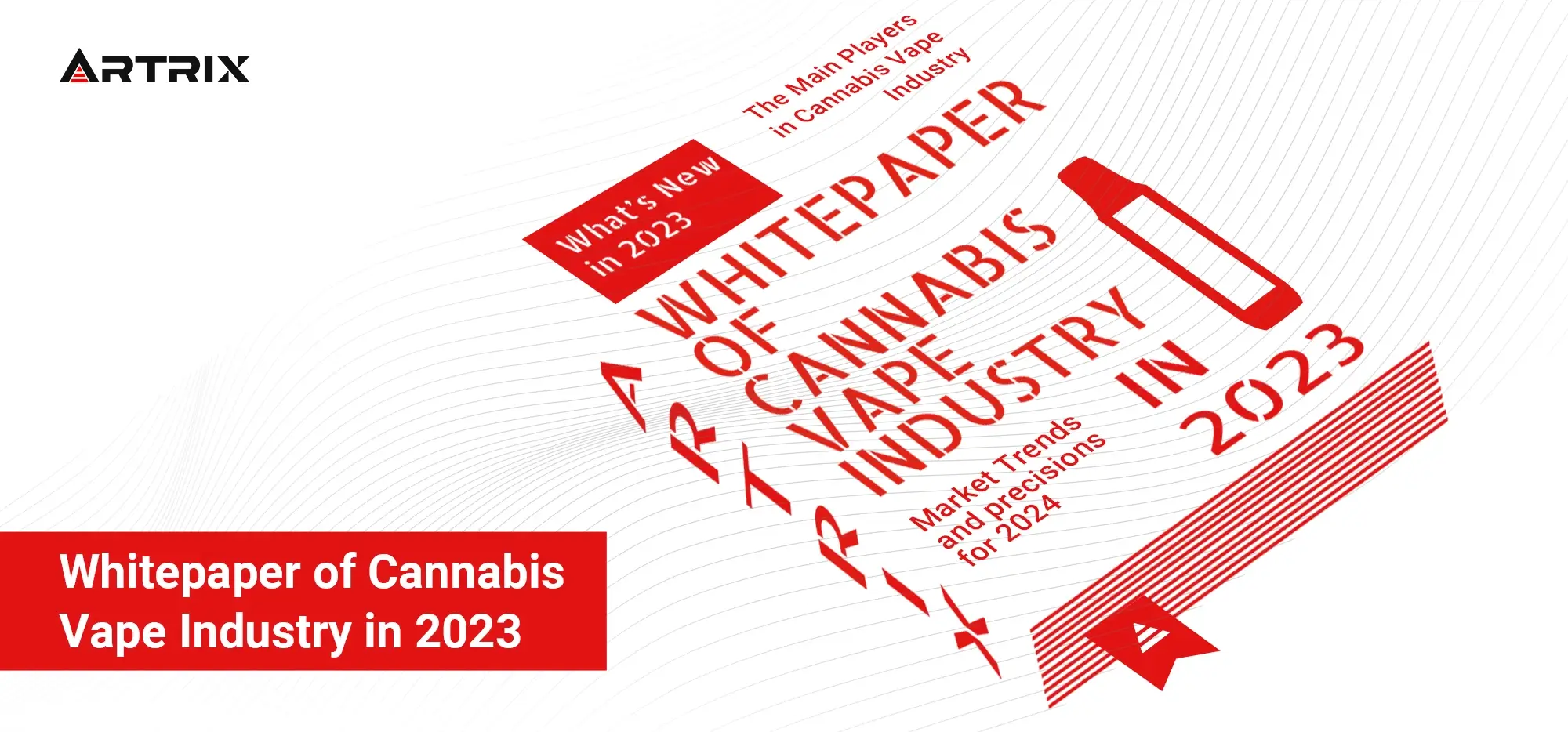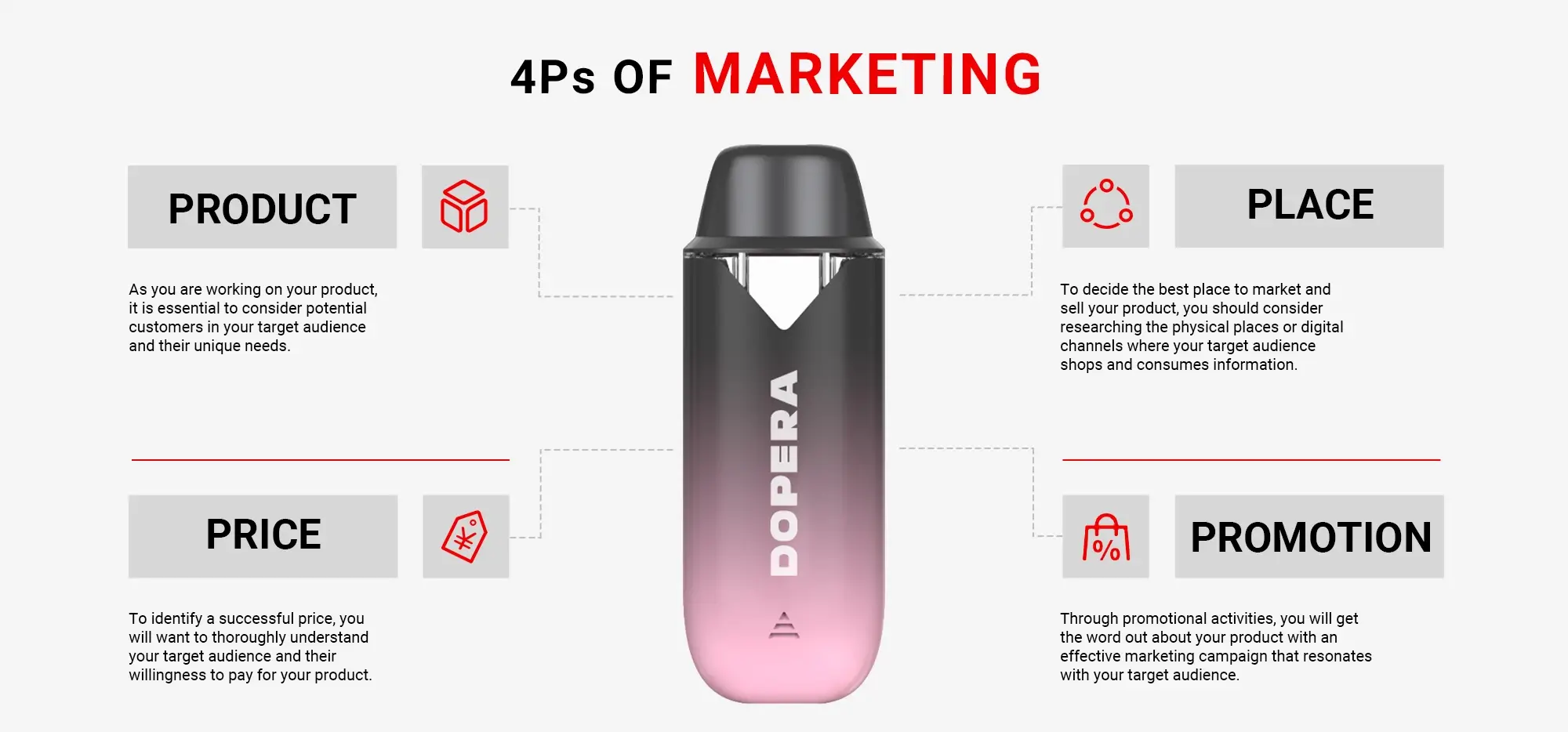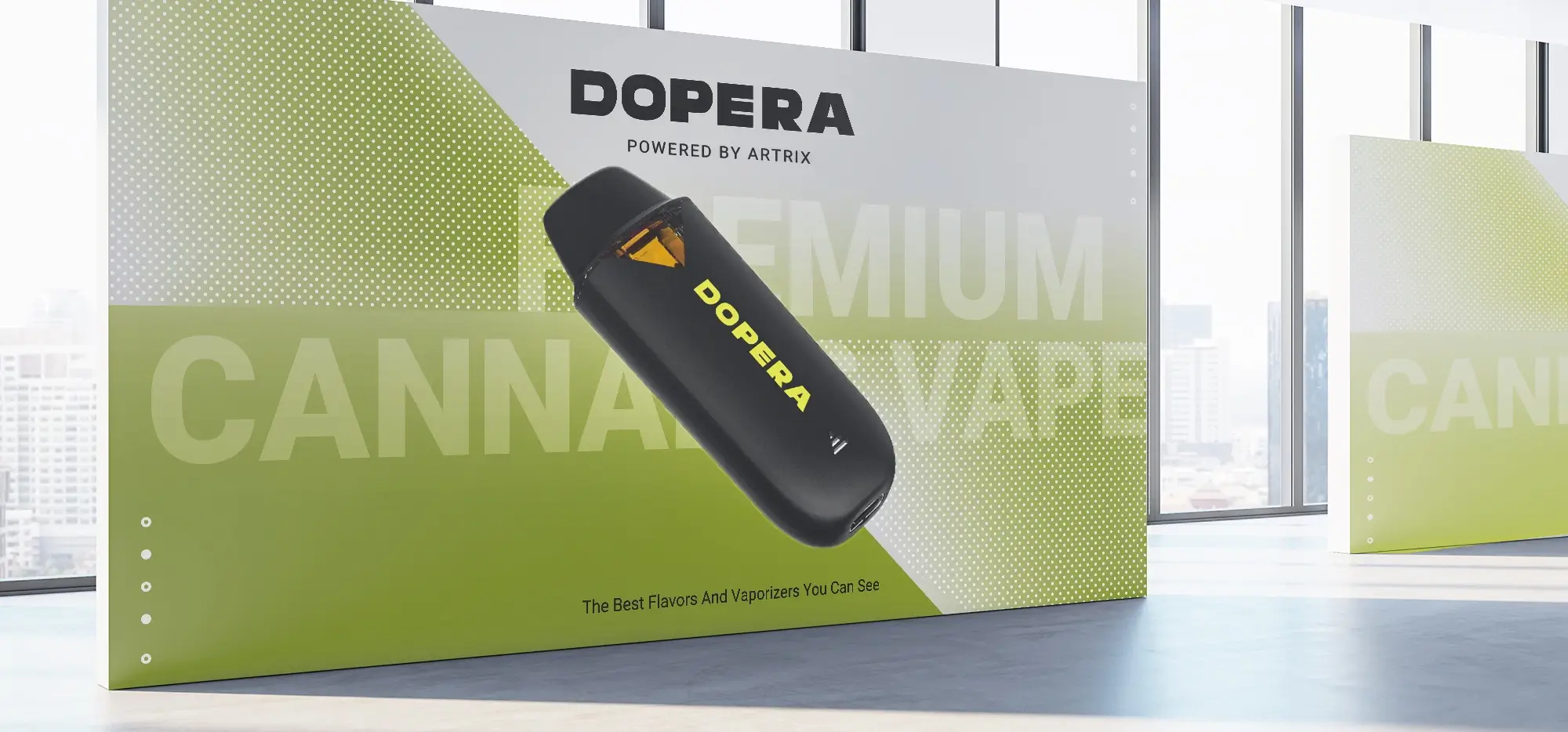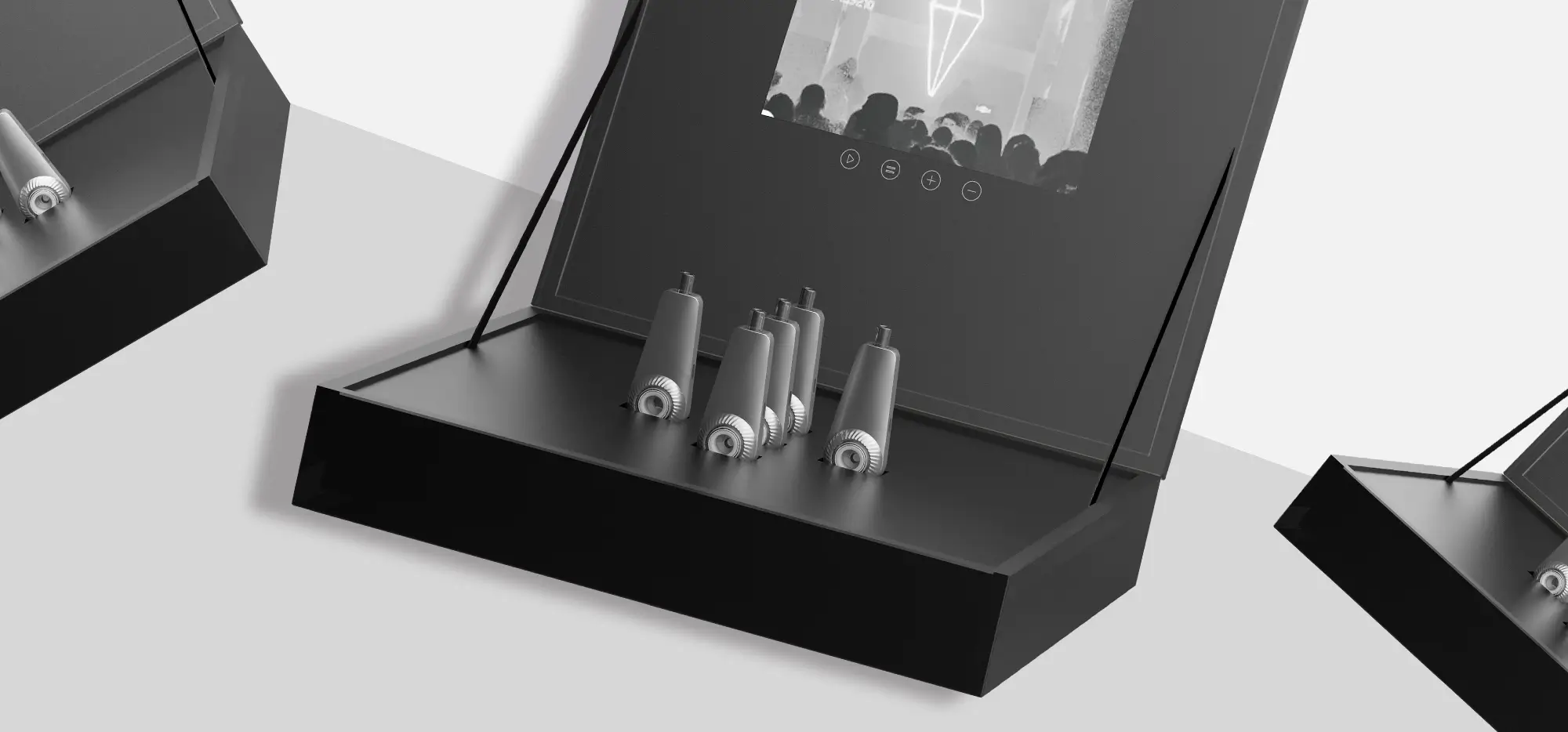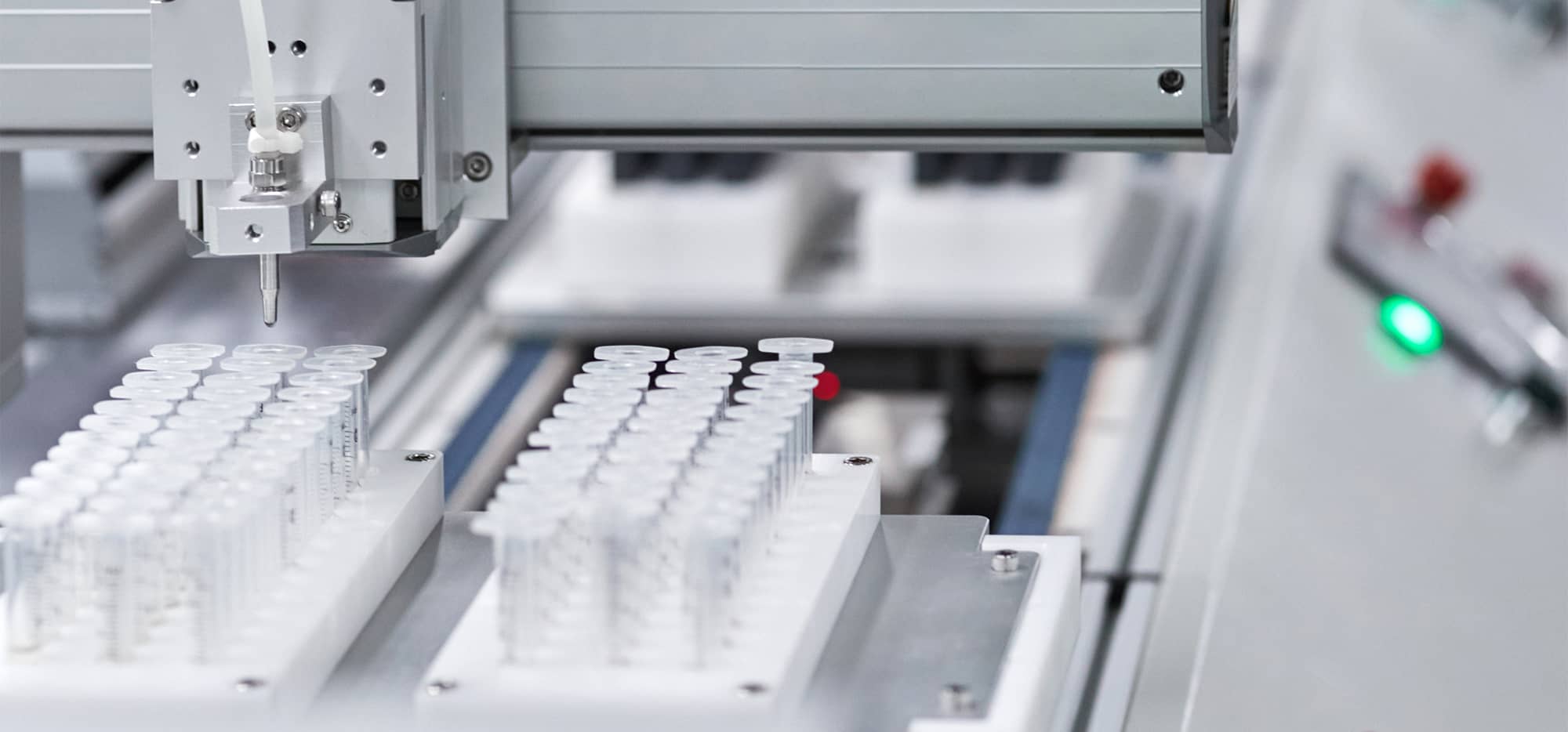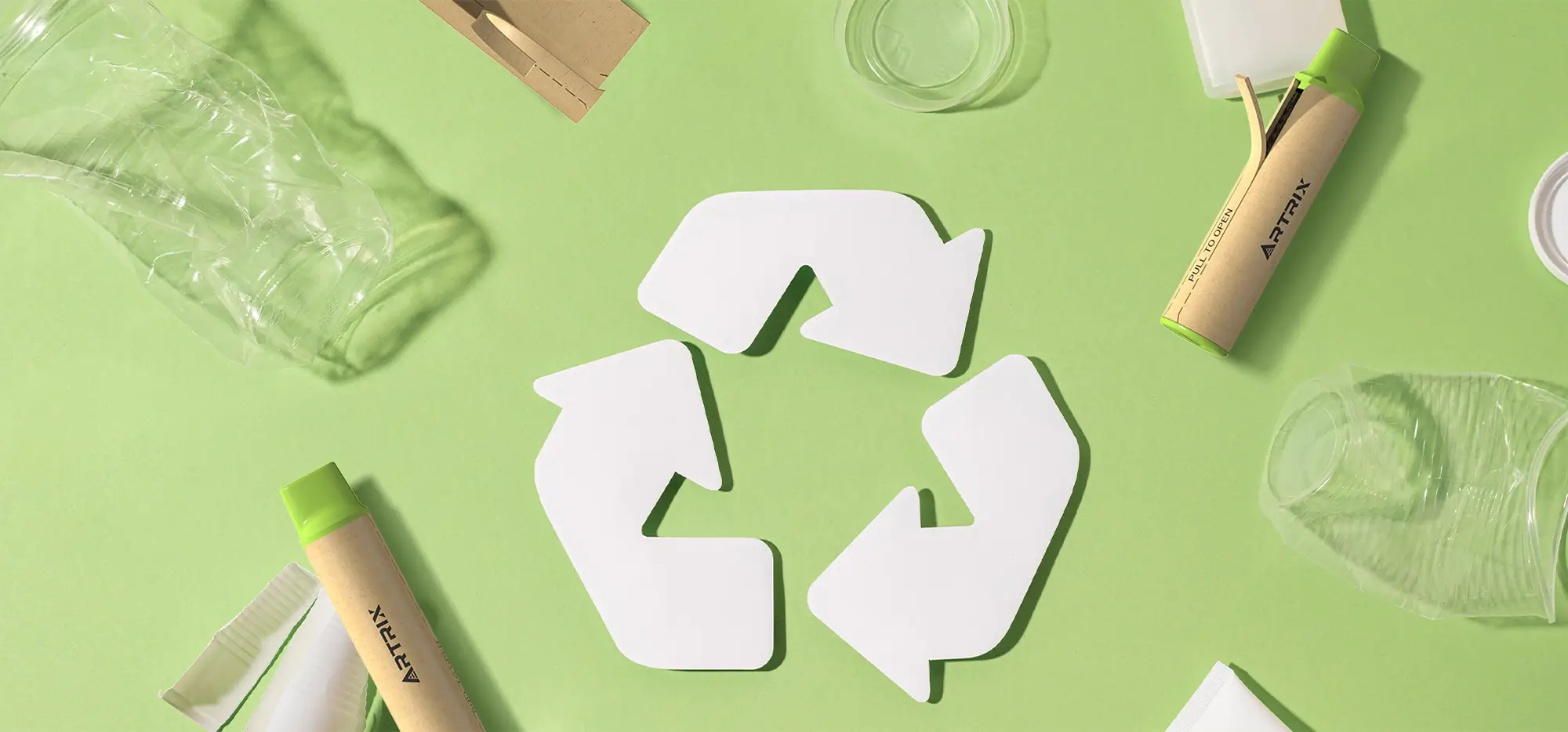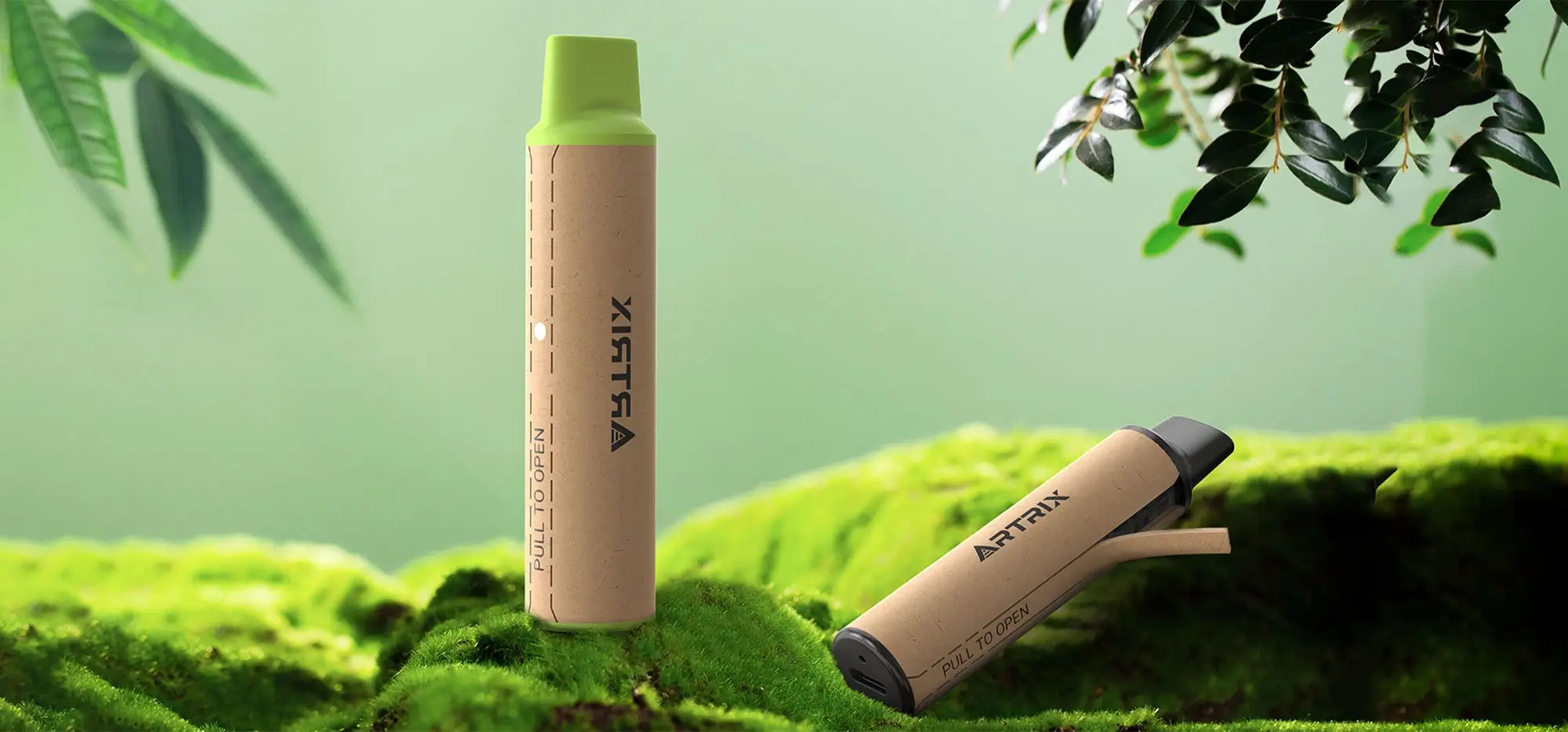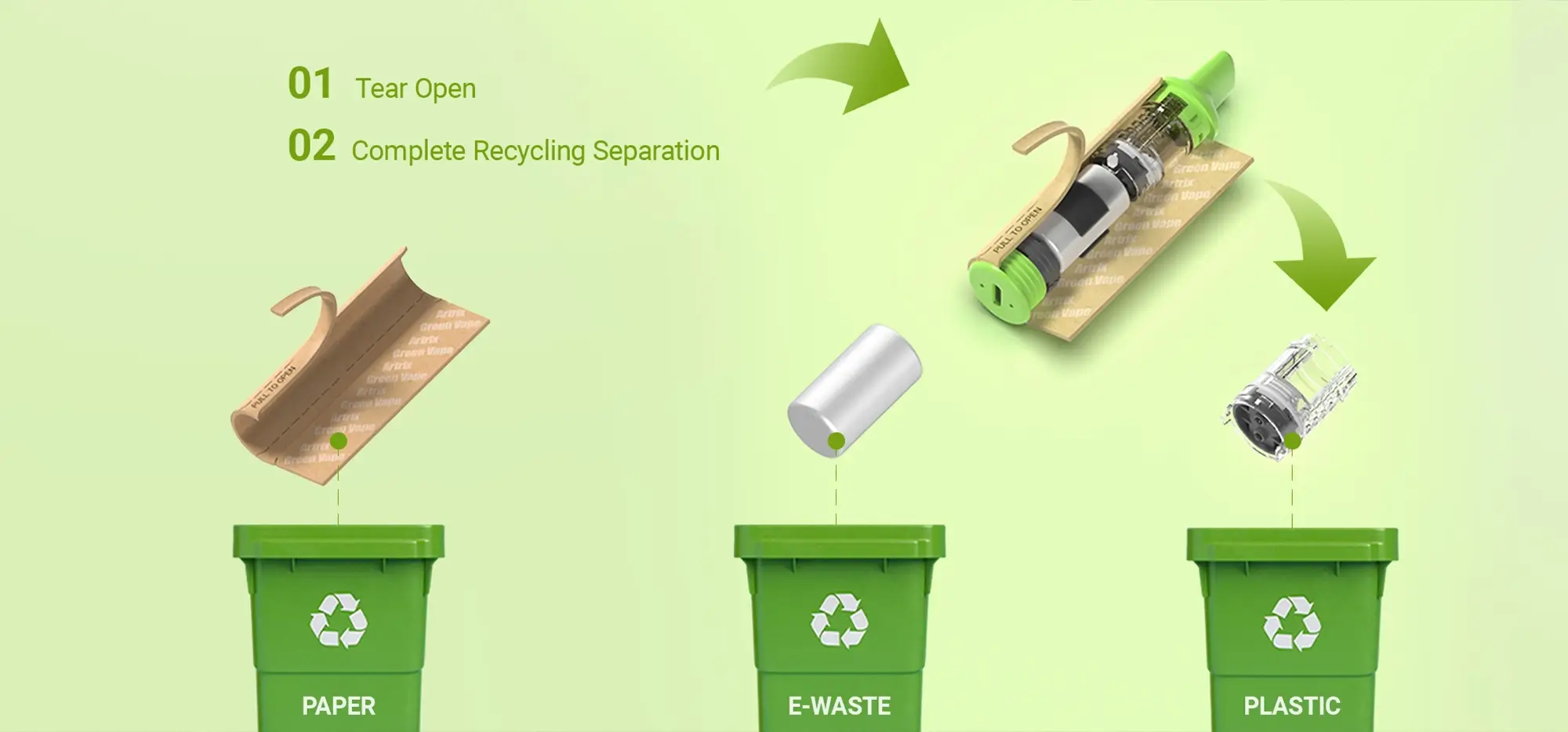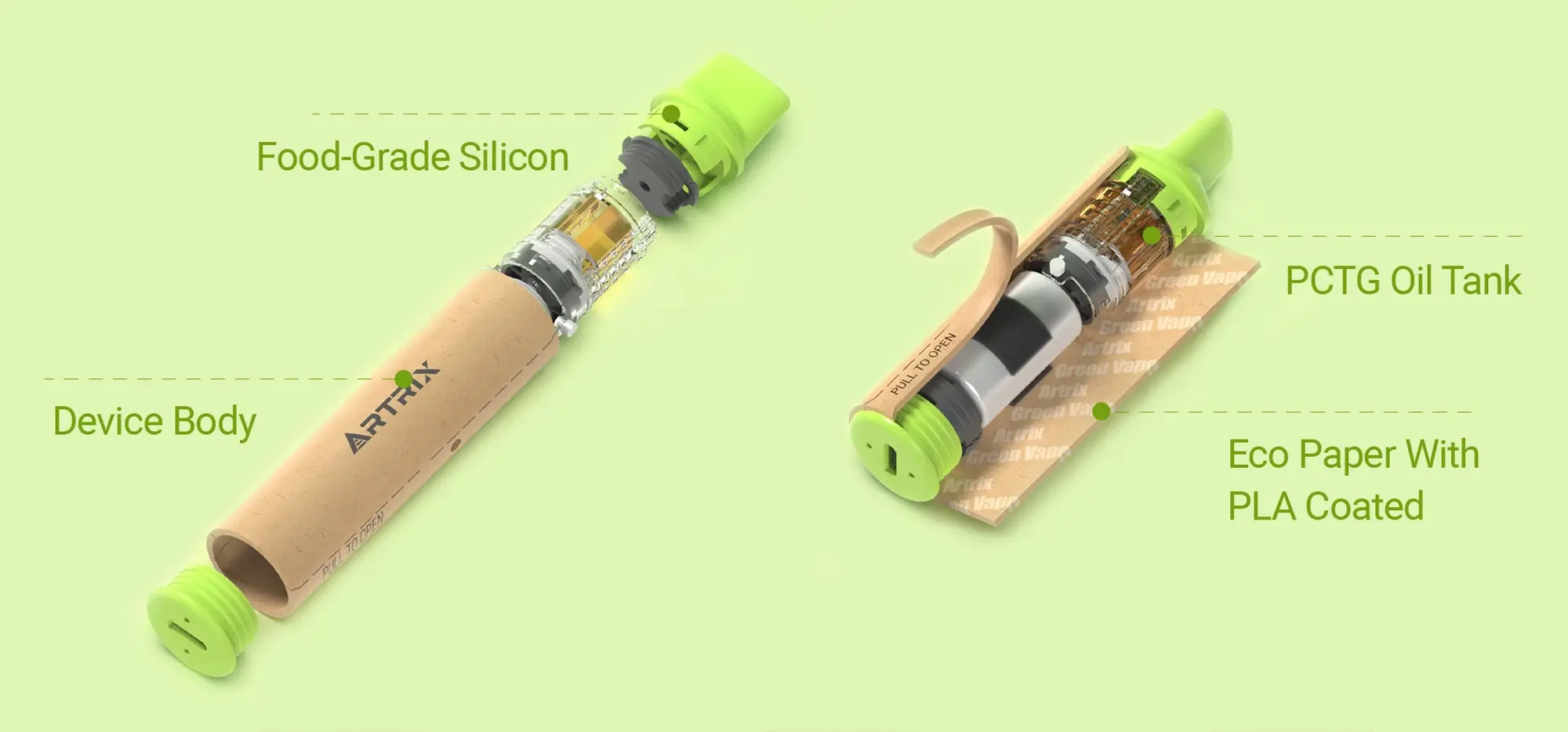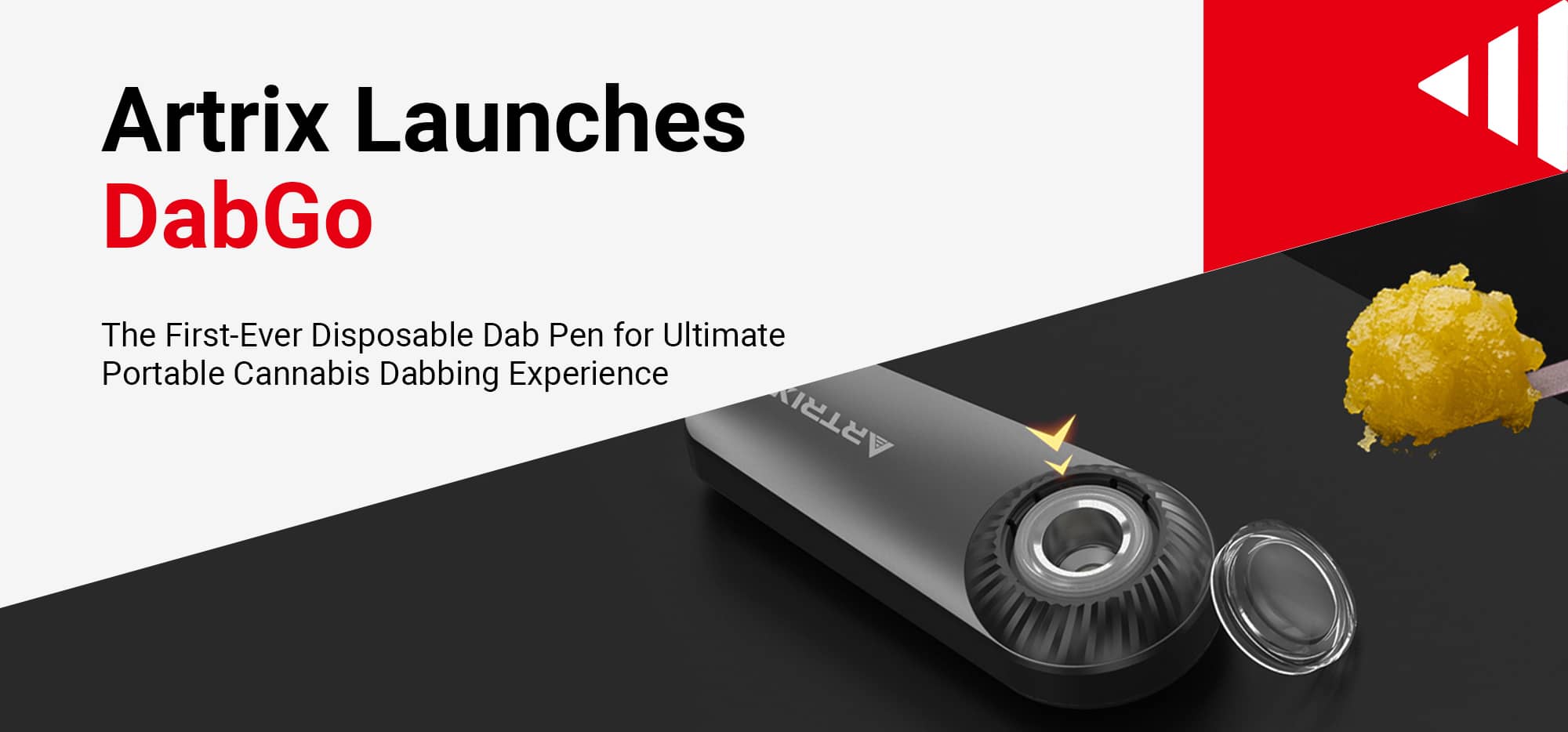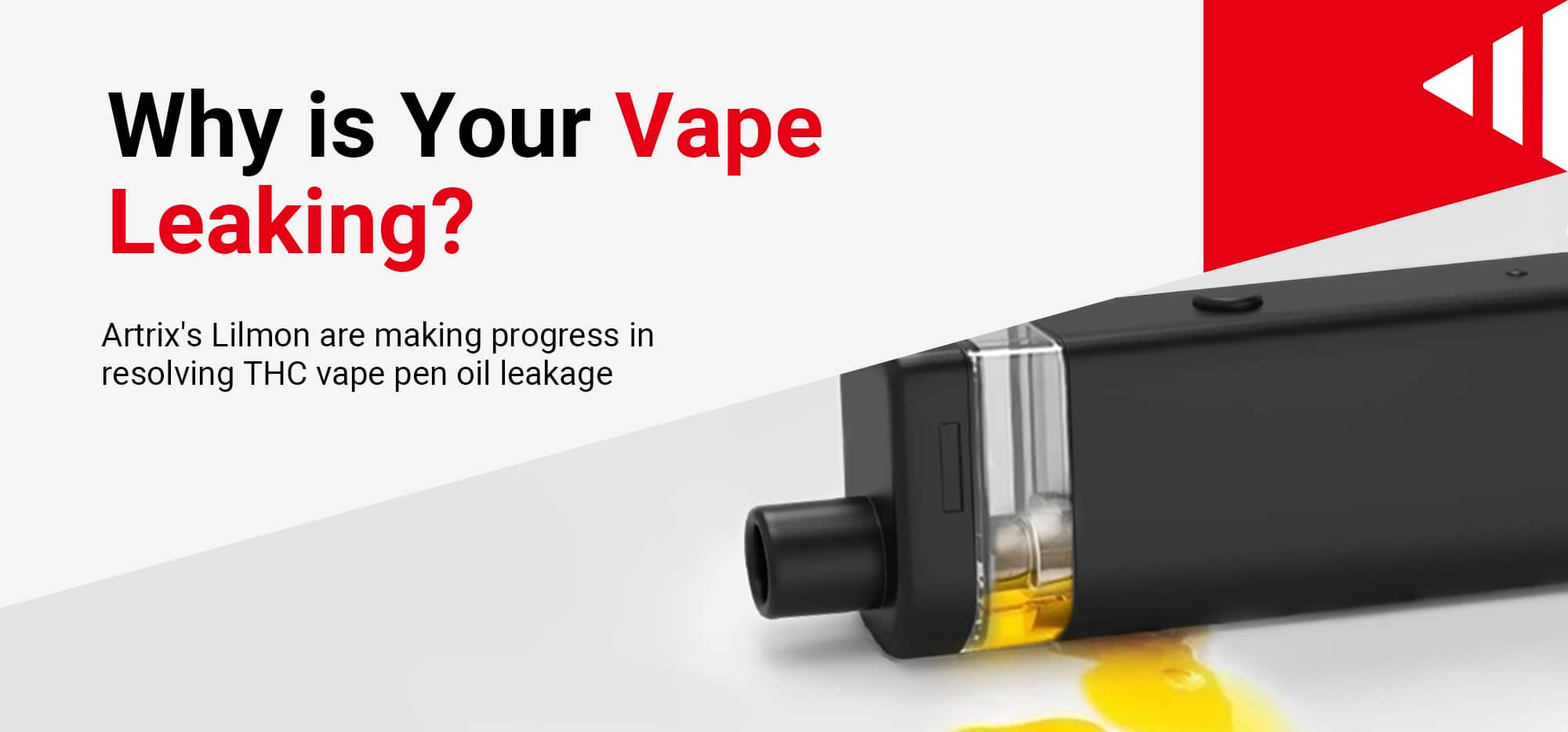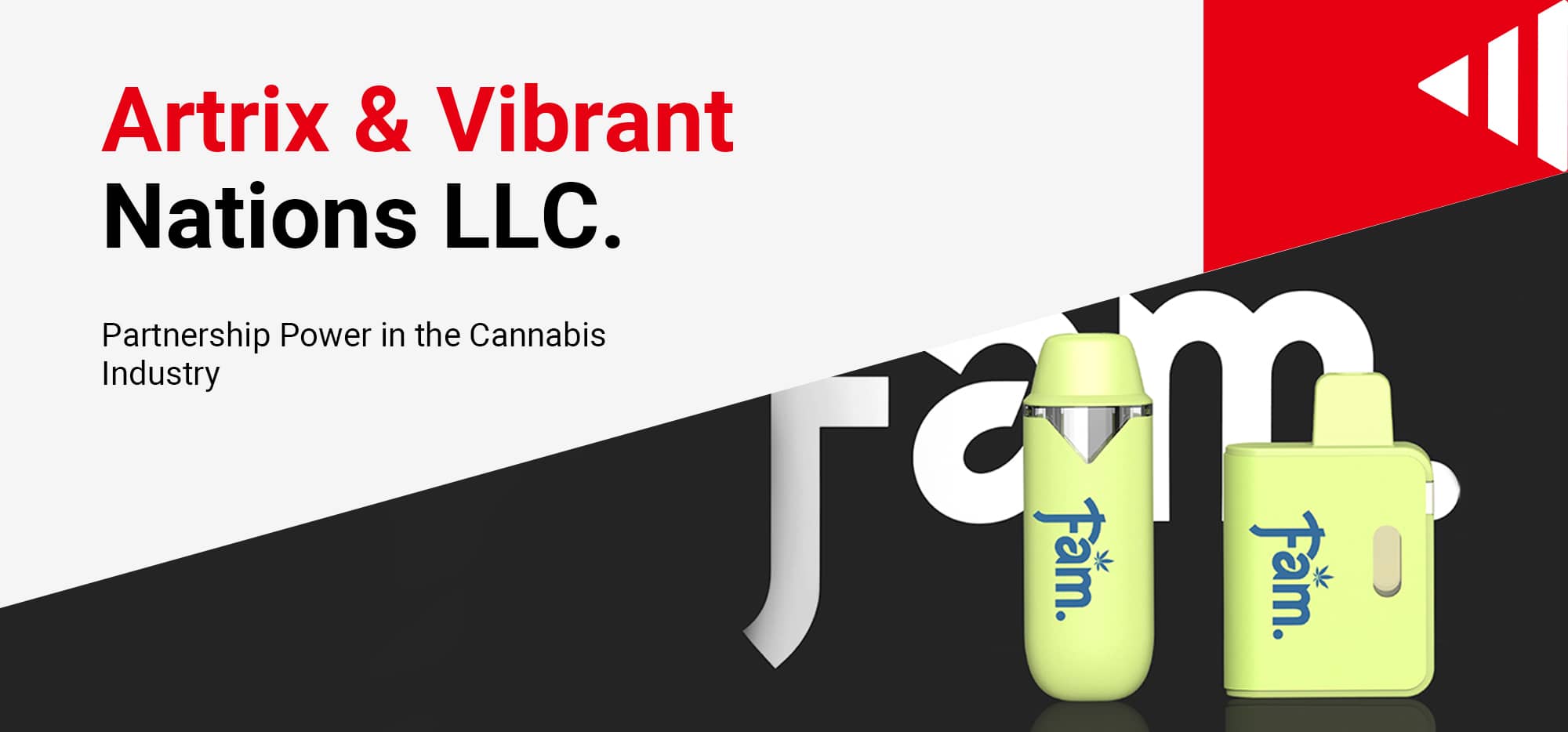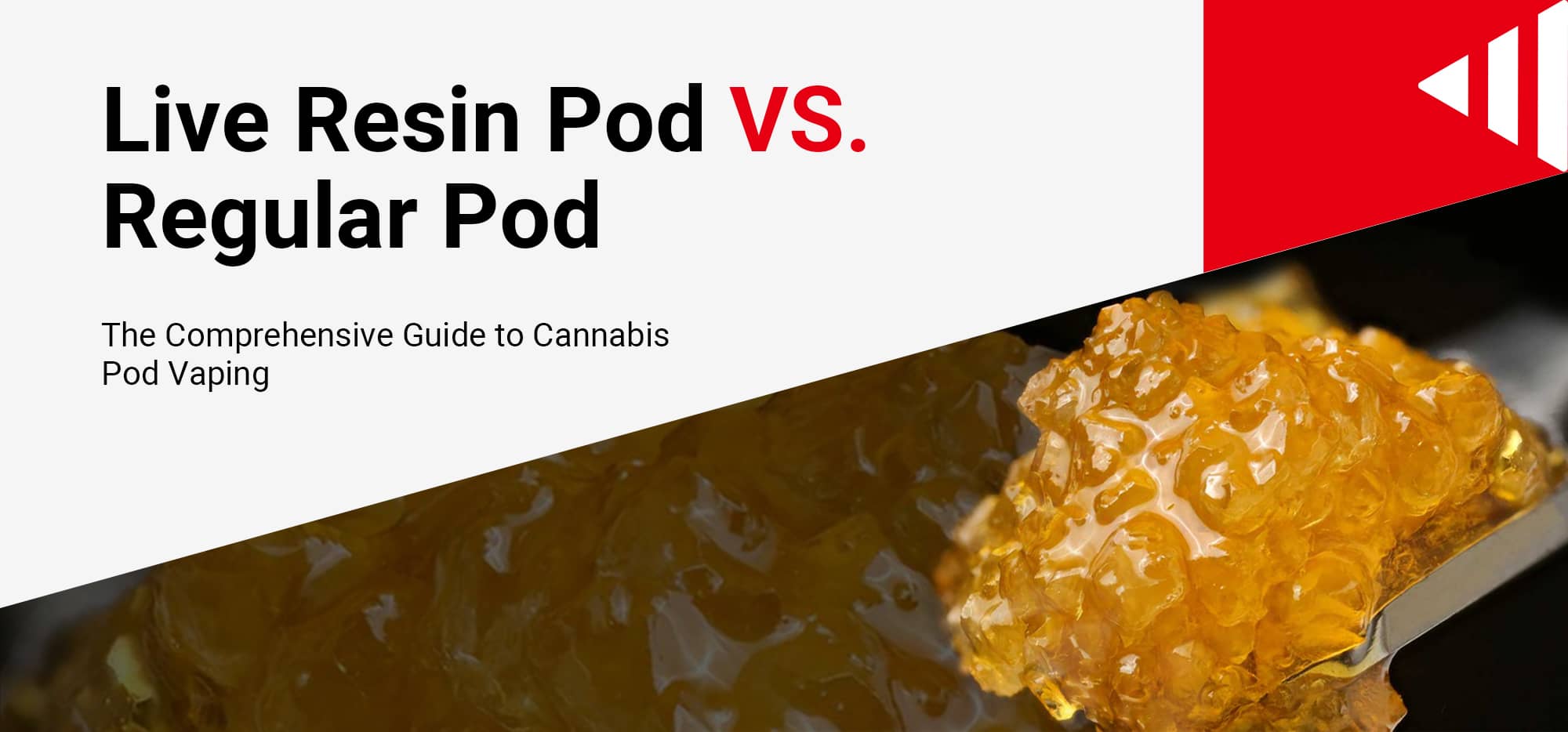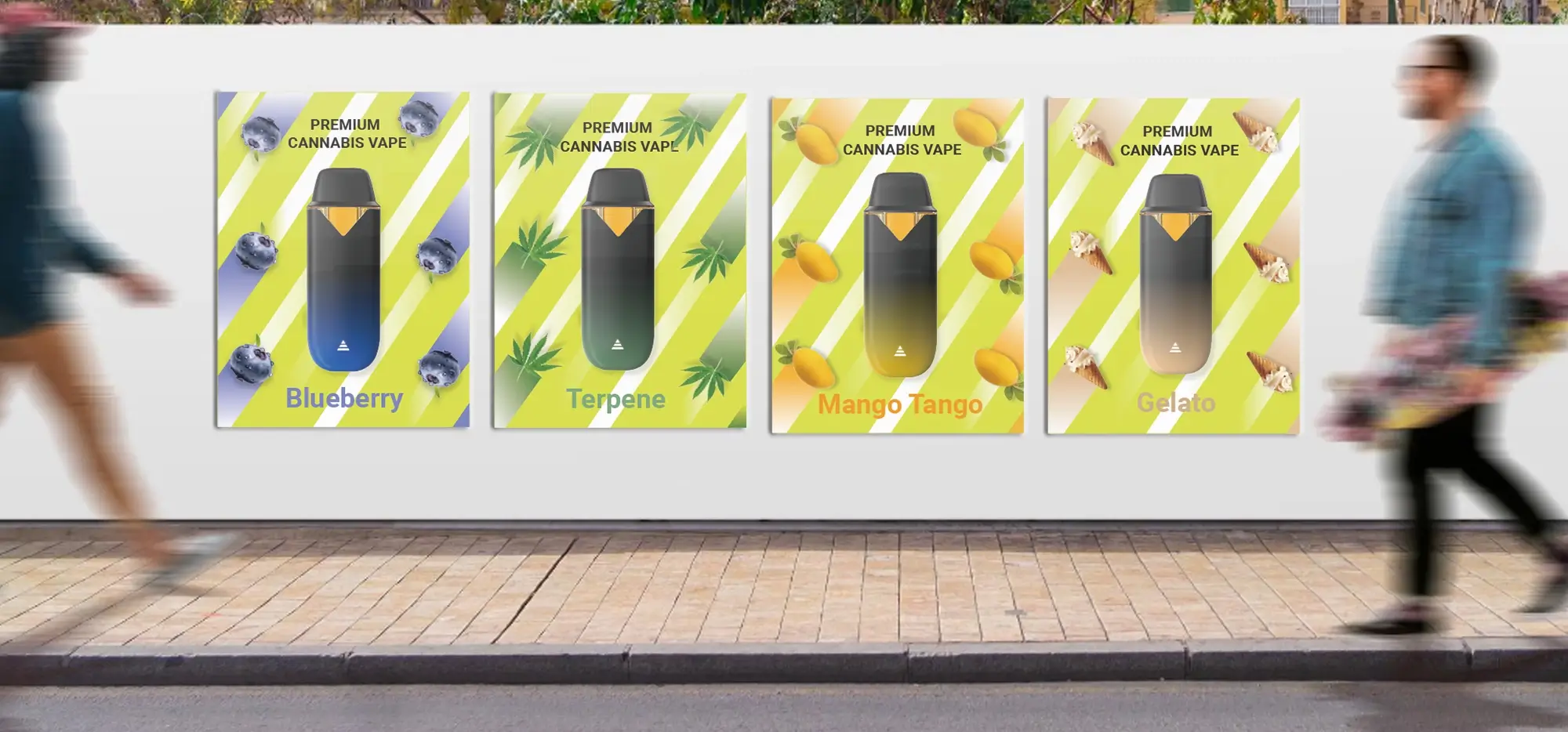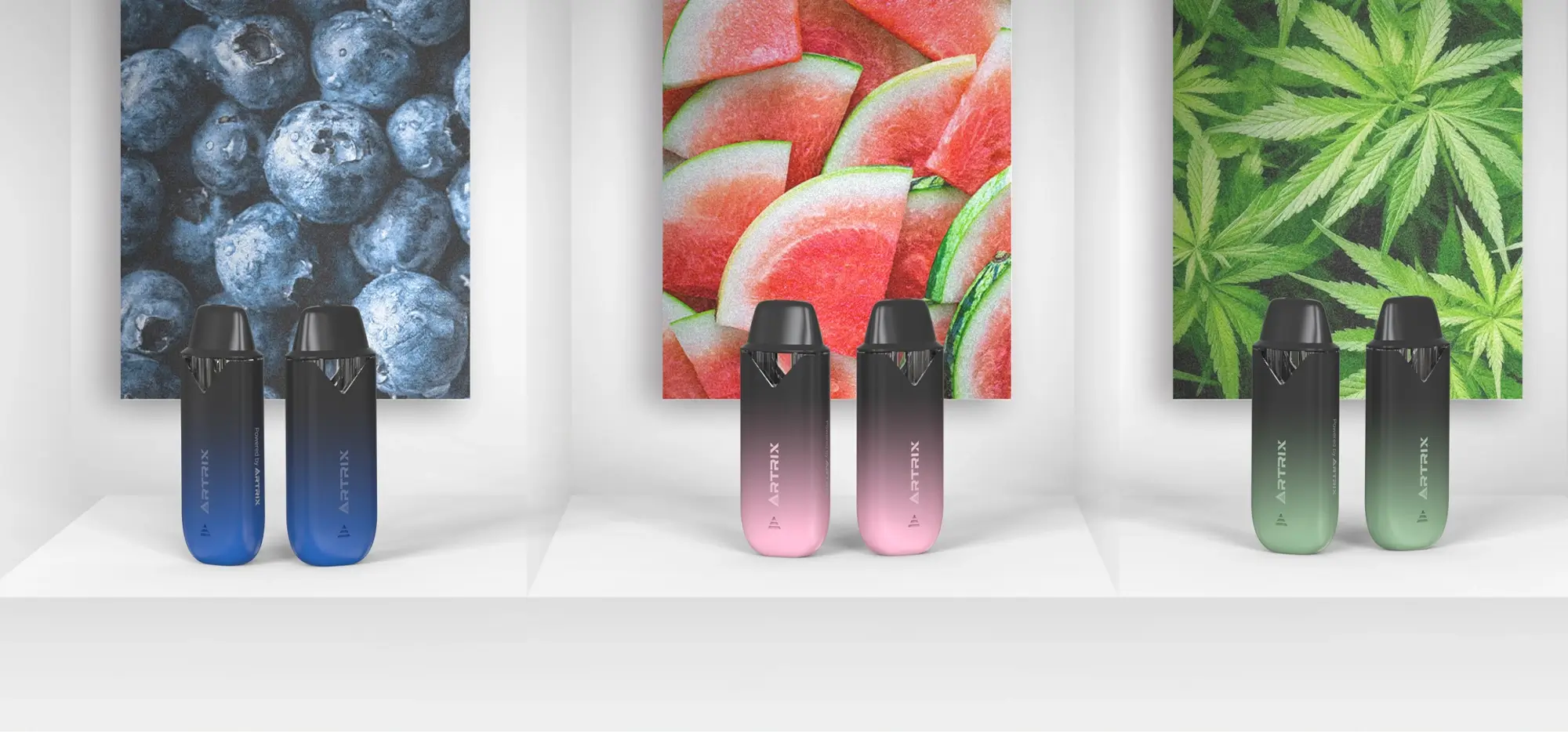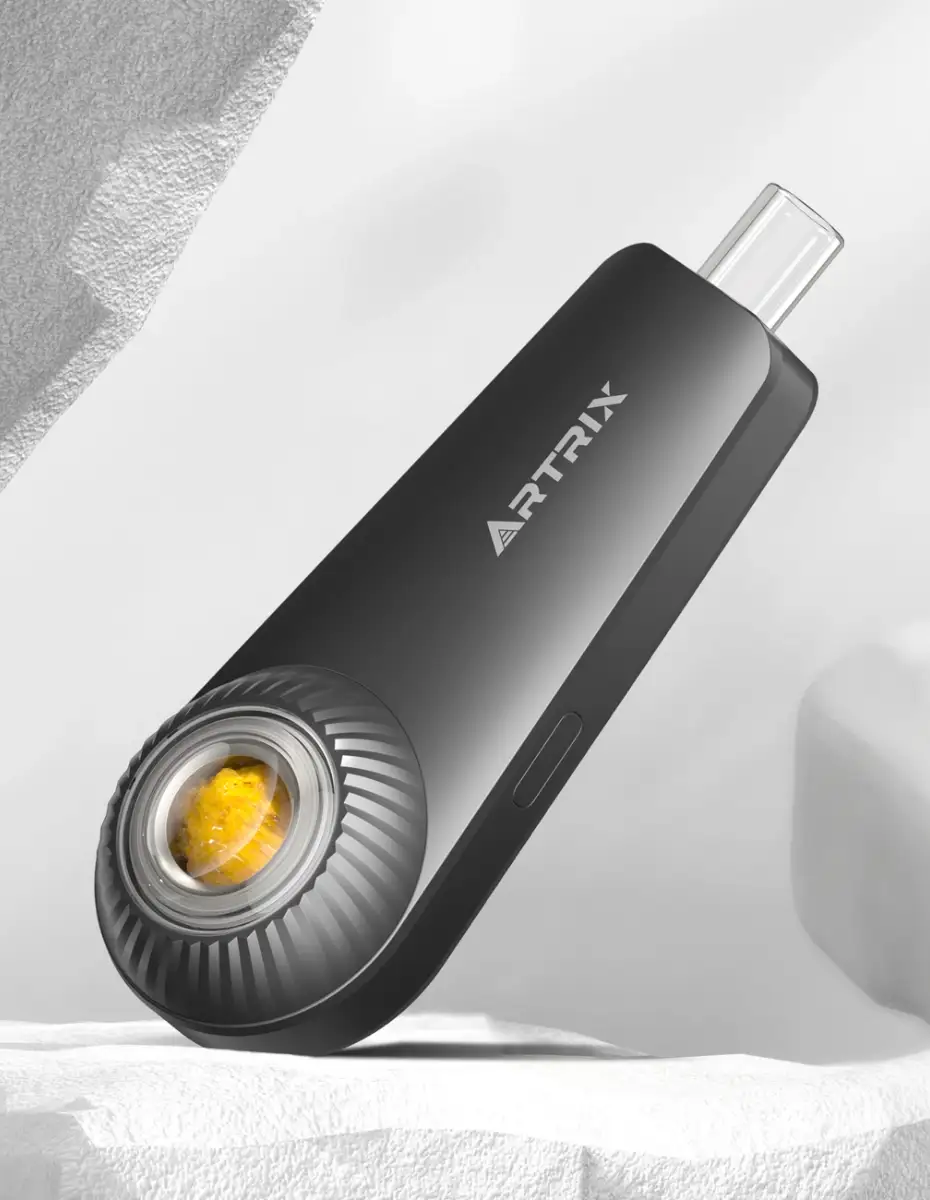Which is Stronger, HHC or THCA? A Science-Based Comparison
Introduction
HHC (hexahydrocannabinol) and THCA (tetrahydrocannabinolic acid) represent two distinct paths in the evolving cannabis landscape. HHC is a synthetic cannabinoid created through hydrogenation of THC, while THCA is the natural, non-psychoactive precursor found in raw cannabis plants. Understanding their differences is crucial for anyone navigating wellness options, recreational choices, or complex legal considerations in an rapidly changing regulatory environment.
Important Disclaimer: This information is for educational purposes only and does not constitute medical or legal advice. Cannabis laws vary significantly by jurisdiction and change frequently. Always consult healthcare providers before using cannabinoids for wellness purposes and verify local regulations before purchasing or using these products.
Quick Reference Table: HHC vs. THCA
| Attribute | HHC | THCA |
|---|---|---|
| Origin | Synthetic (lab-created) | Natural (found in raw cannabis) |
| Psychoactivity | Mild to moderate (ready-to-use) | None until heated (converts to THC) |
| Common Forms | Vapes, edibles, tinctures | Raw flower, concentrates, capsules |
| Legal Status | Gray area, varies by state | Gray area, converts to federally illegal THC when heated |
| Stability | Very stable, long shelf life | Degrades over time, sensitive to heat/light |
| Primary Use Cases | Mild recreational effects, convenience | Raw wellness applications, strong effects when activated |
Cannabinoid Basics: What Are HHC and THCA?
What is HHC?
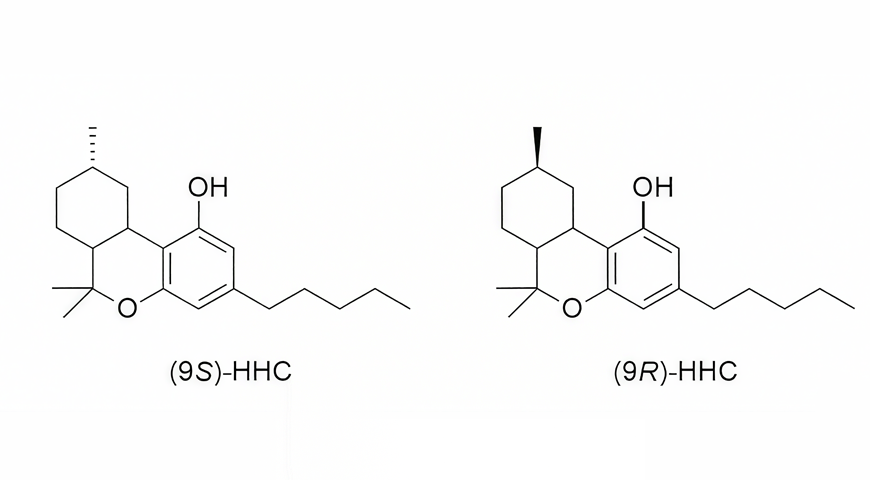
HHC is a synthetic cannabinoid created by adding hydrogen molecules to THC through a process called hydrogenation—similar to how margarine is made from vegetable oil. This chemical modification creates a more stable compound that doesn’t degrade as quickly as natural THC. HHC was first synthesized in 1944 but only recently gained commercial attention as manufacturers sought alternatives in restrictive legal environments.
The synthetic nature of HHC means its effects and safety profile are still being studied, with most available information coming from user reports rather than clinical research.
What is THCA?
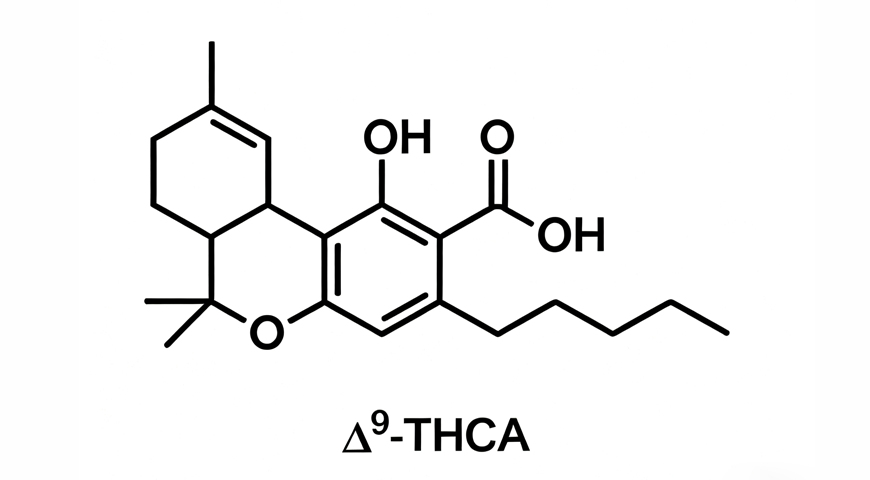
THCA is the acidic precursor to THC found abundantly in fresh, raw cannabis plants. In its natural state, THCA is non-psychoactive and won’t produce a “high.” However, when exposed to heat through smoking, vaping, or cooking (a process called decarboxylation), THCA converts to psychoactive THC. This is why raw cannabis doesn’t intoxicate users, but heated cannabis does.
Raw THCA has attracted interest for potential wellness applications without psychoactive effects, though research remains limited.
How They Work: Chemistry, Activation, and Stability
The molecular structures of HHC and THCA determine their drastically different behaviors and effects.
HHC’s Stability: The hydrogenation process that creates HHC results in a remarkably stable compound. Unlike THC, which degrades into CBN over time, HHC maintains its potency for extended periods and resists breakdown from heat, light, and air exposure. This stability makes it appealing for manufacturers and consumers seeking consistent, long-lasting products.
THCA’s Activation Process: THCA requires decarboxylation to become psychoactive. This typically occurs at temperatures around 220°F (104°C) over 30-45 minutes, or instantly at higher temperatures during smoking or vaping. The conversion isn’t always complete—factors like temperature, time, and starting material affect how much THCA becomes THC.
Storage Implications: HHC products maintain potency under normal storage conditions, while THCA products slowly convert to THC over time, especially when exposed to heat or light. This natural degradation means raw THCA products have shorter shelf lives but may gradually become more psychoactive during storage.
Effects Comparison: Psychoactivity, Wellness, and User Reports
Psychoactive Effects
HHC produces effects commonly described as milder than traditional THC, with users reporting:
-
- – Gentle euphoria without overwhelming intensity
-
- – Clearer mental state compared to THC
-
- – Reduced anxiety or paranoia
-
- – Duration of 2-4 hours depending on consumption method
THCA (when activated) converts to THC and produces effects identical to traditional cannabis:
-
- – Full-spectrum cannabis experience
-
- – Stronger psychoactive effects than HHC
-
- – Traditional THC duration and intensity patterns
-
- – Effects depend entirely on the conversion efficiency and starting potency
Wellness Applications
Current research on both compounds remains extremely limited, with most information derived from user reports rather than clinical studies.
HHC users report potential benefits for:
-
- – Mild stress relief without heavy sedation
-
- – Appetite stimulation
-
- – Sleep support (strain-dependent)
Raw THCA (without heating) has generated interest for:
-
- – Anti-inflammatory properties (preliminary research)
-
- – Neuroprotective potential (early studies)
-
- – Digestive wellness (anecdotal reports)
Critical Note: These potential benefits lack robust clinical validation. Neither compound has been approved by the FDA for medical use, and claims about therapeutic effects should be viewed skeptically without proper research backing.
Products and Consumption: How Form Shapes Experience
HHC Products
- – Vapes: Most popular format, offering quick onset (5-15 minutes) and easy dosing control. Effects typically last 1-3 hours.
- – Edibles: Slower onset (30-90 minutes) but longer duration (3-6 hours). Dosing can be unpredictable due to individual metabolism differences.
- – Tinctures: Sublingual use provides moderate onset (15-45 minutes) with good dosing control.
THCA Products
Current Legal Landscape
- – Raw Flower: Consumed without heating for non-psychoactive benefits, or heated for traditional cannabis effects.
- – Concentrates: High-potency options that convert to very strong THC when heated.
- – Capsules: Convenient for raw consumption, though bioavailability questions remain.
- – Beverages: Emerging market for raw THCA drinks, though stability and absorption need more research.
Safety, Side Effects, and Product Quality
Safety Considerations
HHC Safety Concerns:
-
- – Limited safety data due to recent market introduction
-
- – Synthetic production raises quality control concerns
-
- – Potential for unknown impurities or byproducts
-
- – No standardized manufacturing processes
THCA Safety Profile:
-
- – Generally considered safer due to natural origin
-
- – Non-psychoactive in raw form reduces intoxication risks
-
- – When heated, carries same risks as traditional THC
-
- – Natural degradation may be preferable to synthetic stability for some users
Common Side Effects
- – HHC: Dry mouth, red eyes, mild anxiety (at higher doses), potential drowsiness
- – THCA (raw): Minimal reported side effects; when activated, typical THC side effects apply
Product Quality Importance
Both compounds exist in largely unregulated markets, making third-party lab testing essential. Look for certificates of analysis (COAs) that verify:
-
- – Cannabinoid potency and profile
-
- – Absence of pesticides, heavy metals, and solvents
-
- – Microbiological safety
-
- – Residual solvent levels (especially important for HHC)
Legal Status, Drug Testing, and Accessibility
Current Legal Landscape
The legal status of both compounds remains complex and rapidly evolving:
Federal Level: Neither compound is explicitly scheduled, but both exist in regulatory gray areas. The 2018 Farm Bill’s hemp provisions create ambiguity, while the Federal Analogue Act could potentially apply to HHC.
State Variations: Laws vary dramatically by state, with some explicitly banning synthetic cannabinoids like HHC while others focus on total THC content, affecting THCA products.
Important: Legal status changes frequently. Always verify current local and state regulations before purchasing or possessing these products.
Drug Testing Considerations
HHC: May or may not trigger positive results on standard drug tests, depending on the specific test and individual metabolism. Some users report positive results, while others test negative.
Critical Warning: Never assume either compound will help you pass a drug test. Testing technology continues to evolve, and individual reactions vary significantly.
How to Choose: Practical Scenarios and User Profiles
Choose THCA When:
-
- – Seeking traditional cannabis effects: When heated, THCA provides the full THC experience
-
- – Interested in raw wellness applications: Non-psychoactive benefits without intoxication
-
- – Preferring natural compounds: Avoiding synthetic alternatives
-
- – Having high tolerance: Strong effects when properly activated
Choose HHC When:
-
- – Wanting mild, manageable effects: Less intense than traditional THC
-
- – Needing product stability: Long shelf life and consistent potency
-
- – Living in restrictive areas: May be more legally accessible (verify locally)
-
- – Being sensitive to THC: Potentially gentler alternative
Key Decision Factors
- – Experience Level: Beginners might prefer HHC’s milder effects, while experienced users may want THCA’s full-strength potential.
- – Legal Environment: Research your local laws thoroughly—neither compound guarantees legal safety.
- – Lifestyle Needs: Consider onset time, duration, and discretion requirements.
- – Quality Priorities: Both require careful sourcing, but synthetic HHC demands extra scrutiny of manufacturing practices.
Final Considerations
Neither HHC nor THCA can be definitively called “stronger”—they operate through different mechanisms and serve different purposes. THCA, when properly activated, provides stronger psychoactive effects identical to THC. HHC offers milder, more stable effects that some users prefer for daily use.
The choice between them depends on individual goals, legal considerations, risk tolerance, and personal chemistry. As research evolves and regulations clarify, our understanding of both compounds will undoubtedly improve.
Remember: This rapidly evolving landscape requires staying informed about legal changes, emerging research, and safety considerations. When in doubt, consult with healthcare providers familiar with cannabinoid therapeutics and always verify the legality of these products in your specific location.
This content is for educational purposes only and does not constitute medical, legal, or professional advice. Cannabis laws change frequently—always verify current regulations in your jurisdiction before purchasing or using any cannabinoid products.
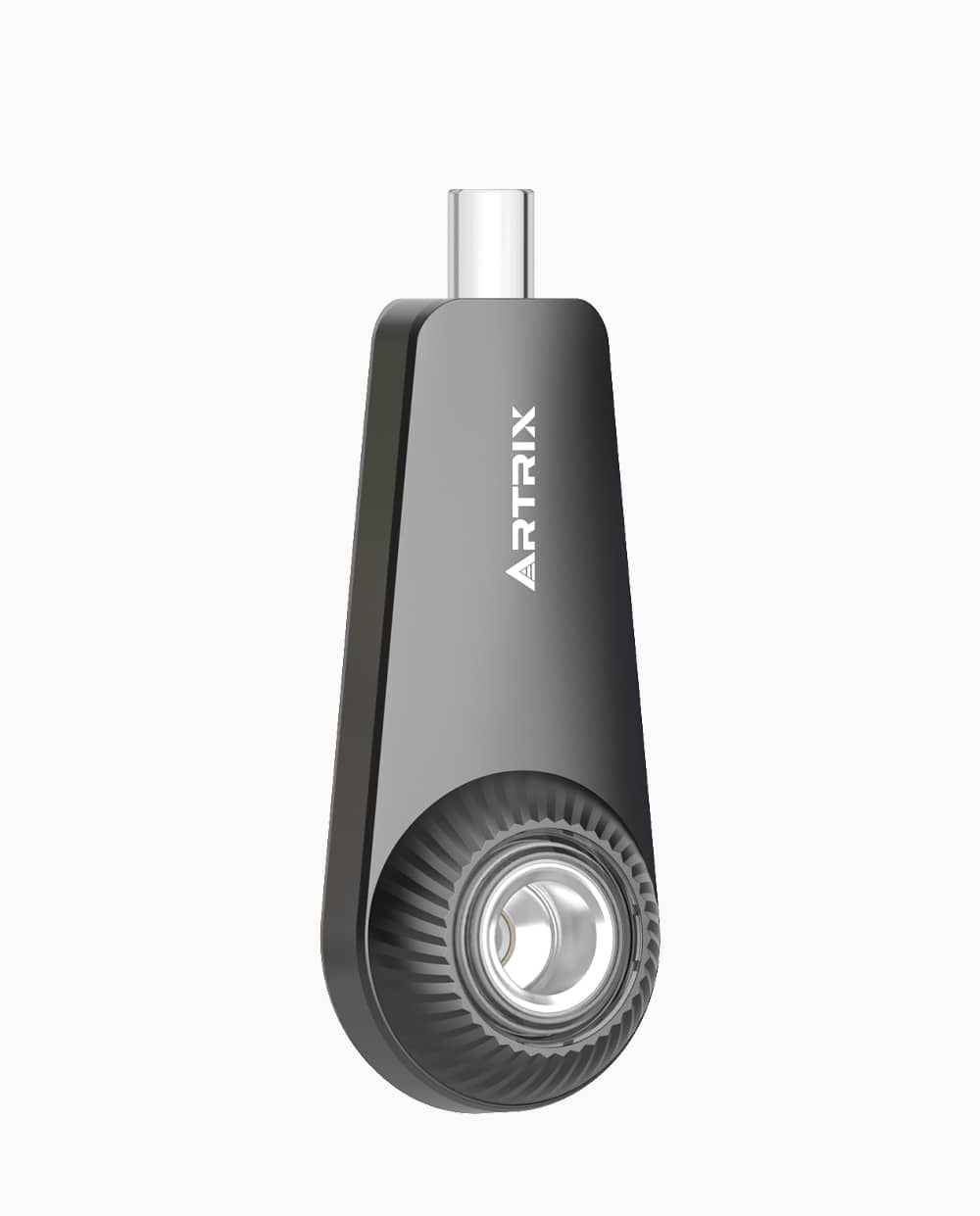
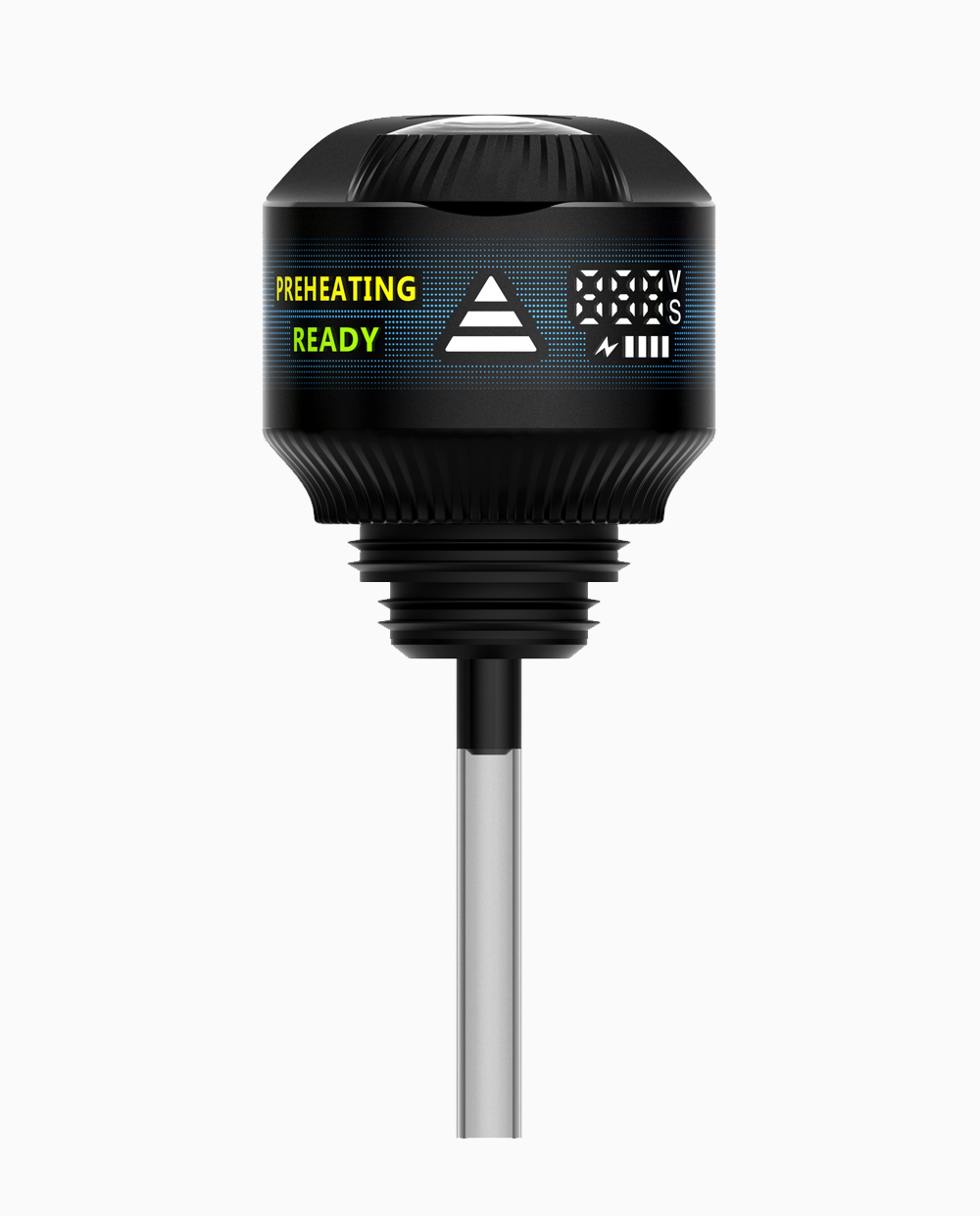
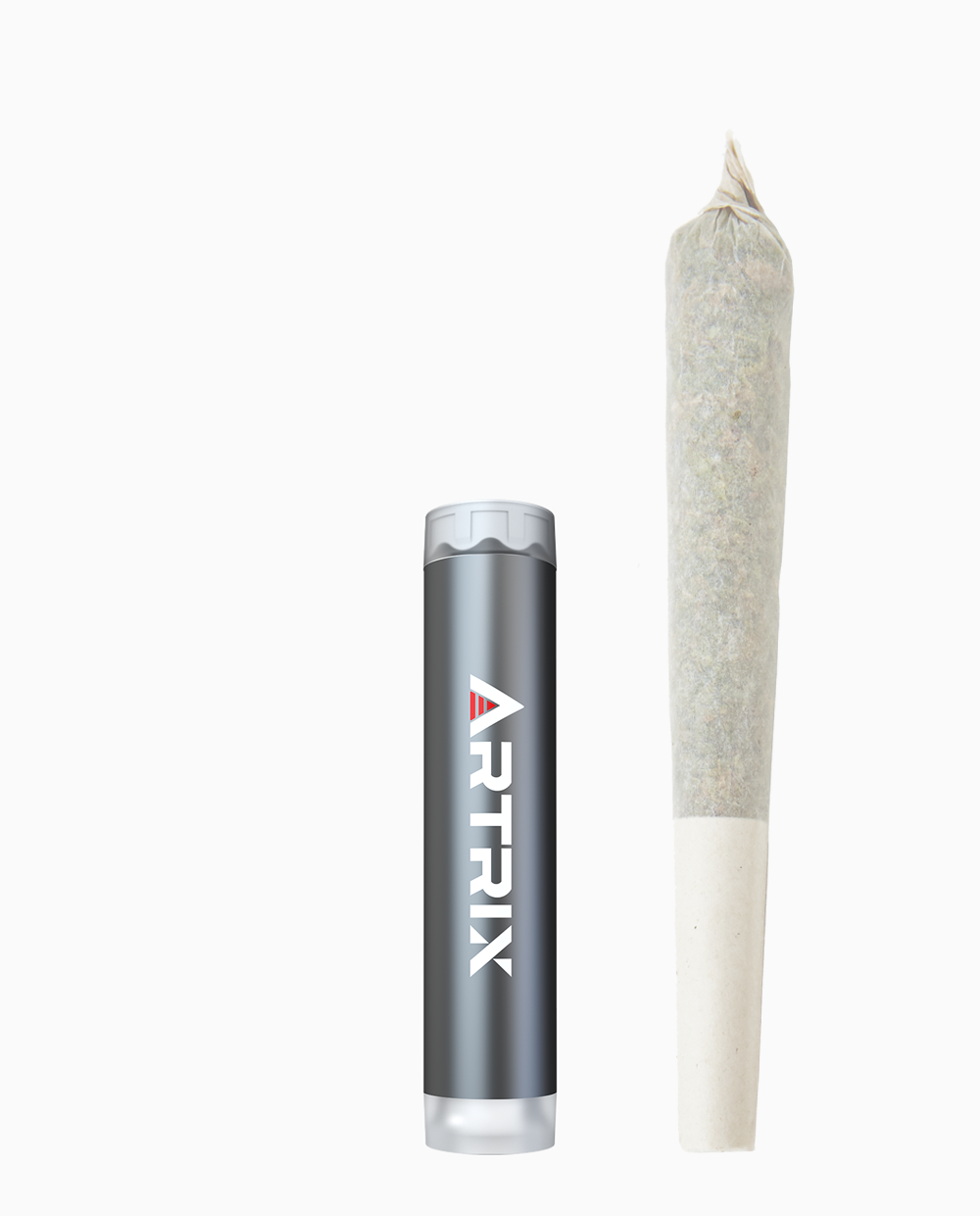
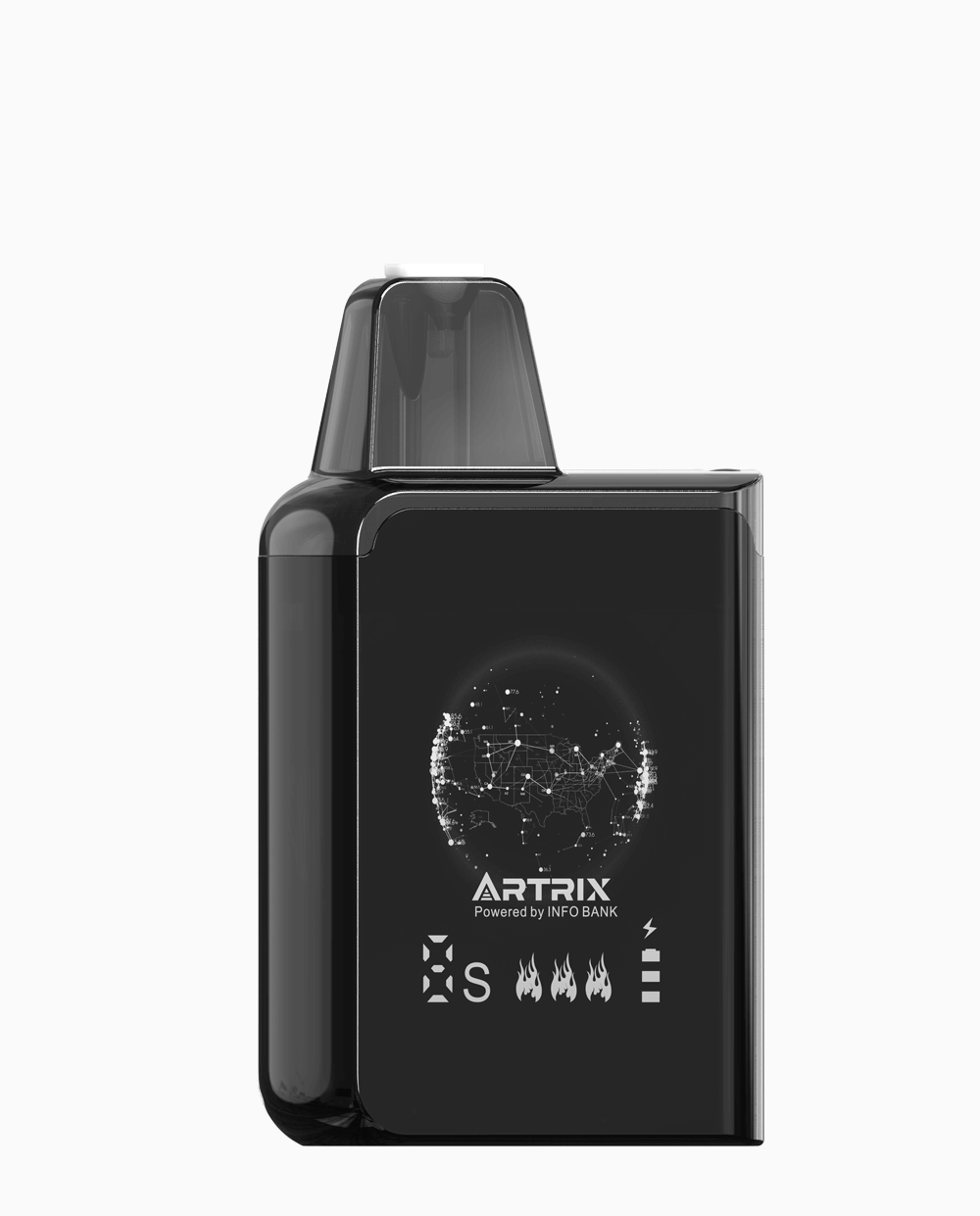
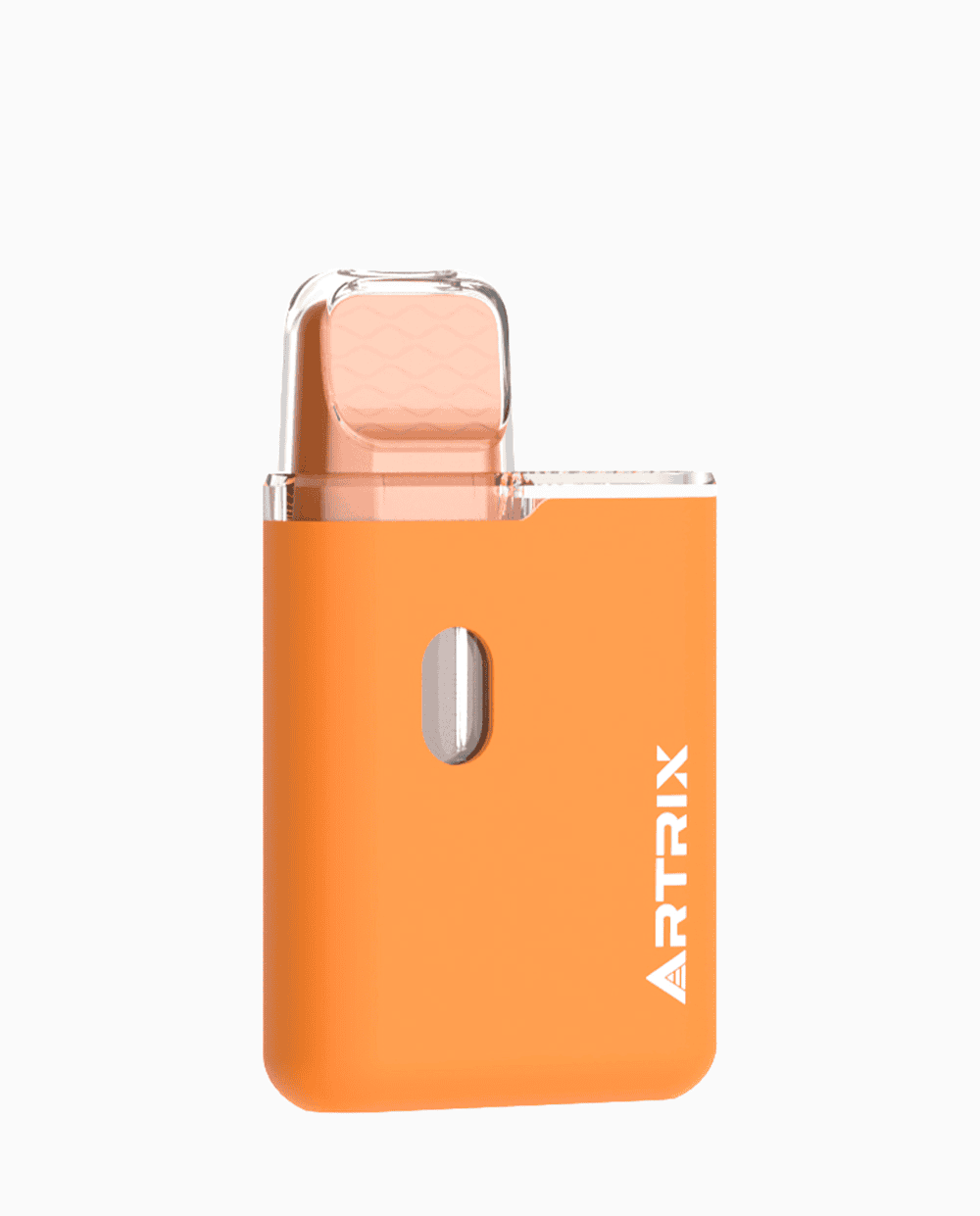
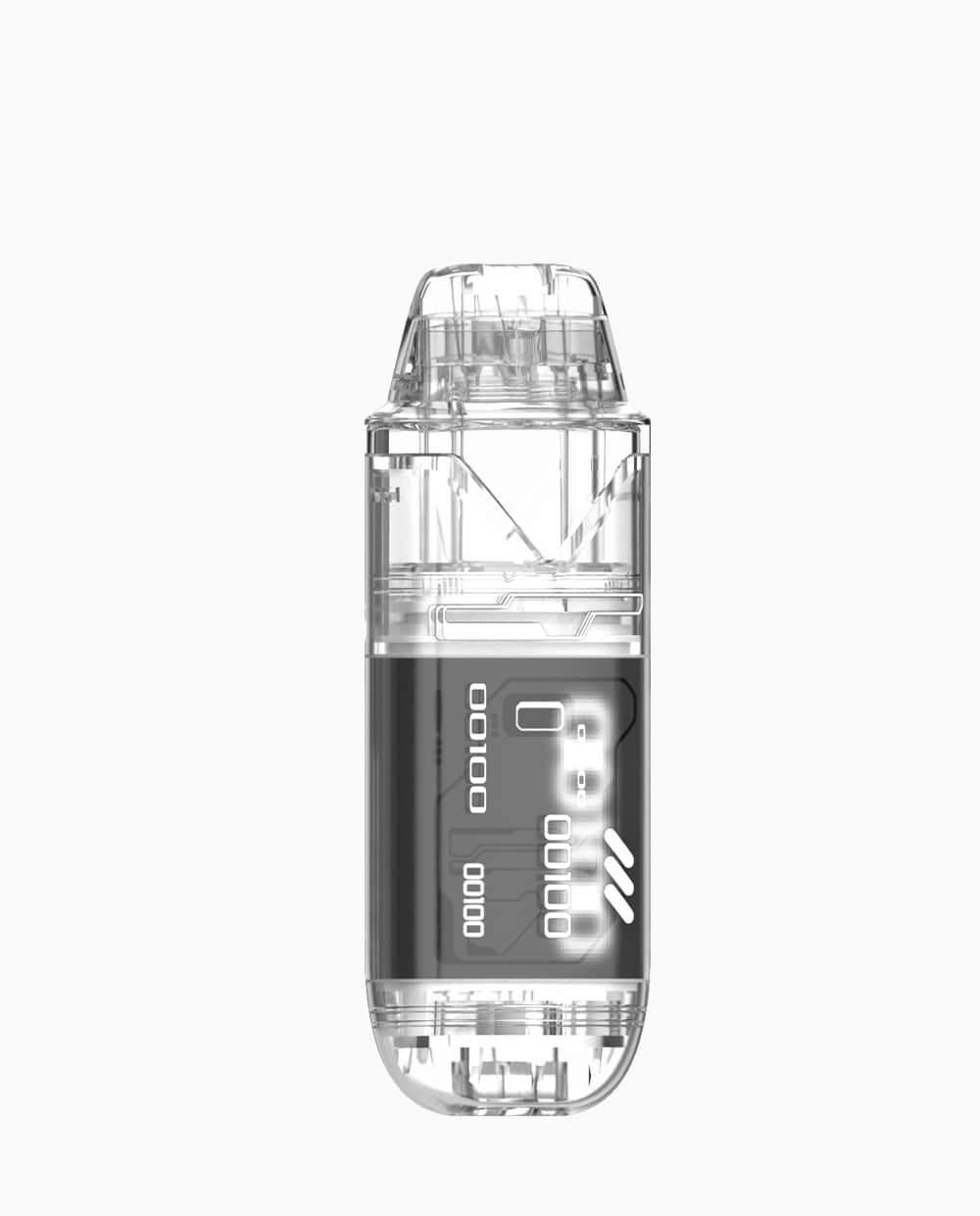
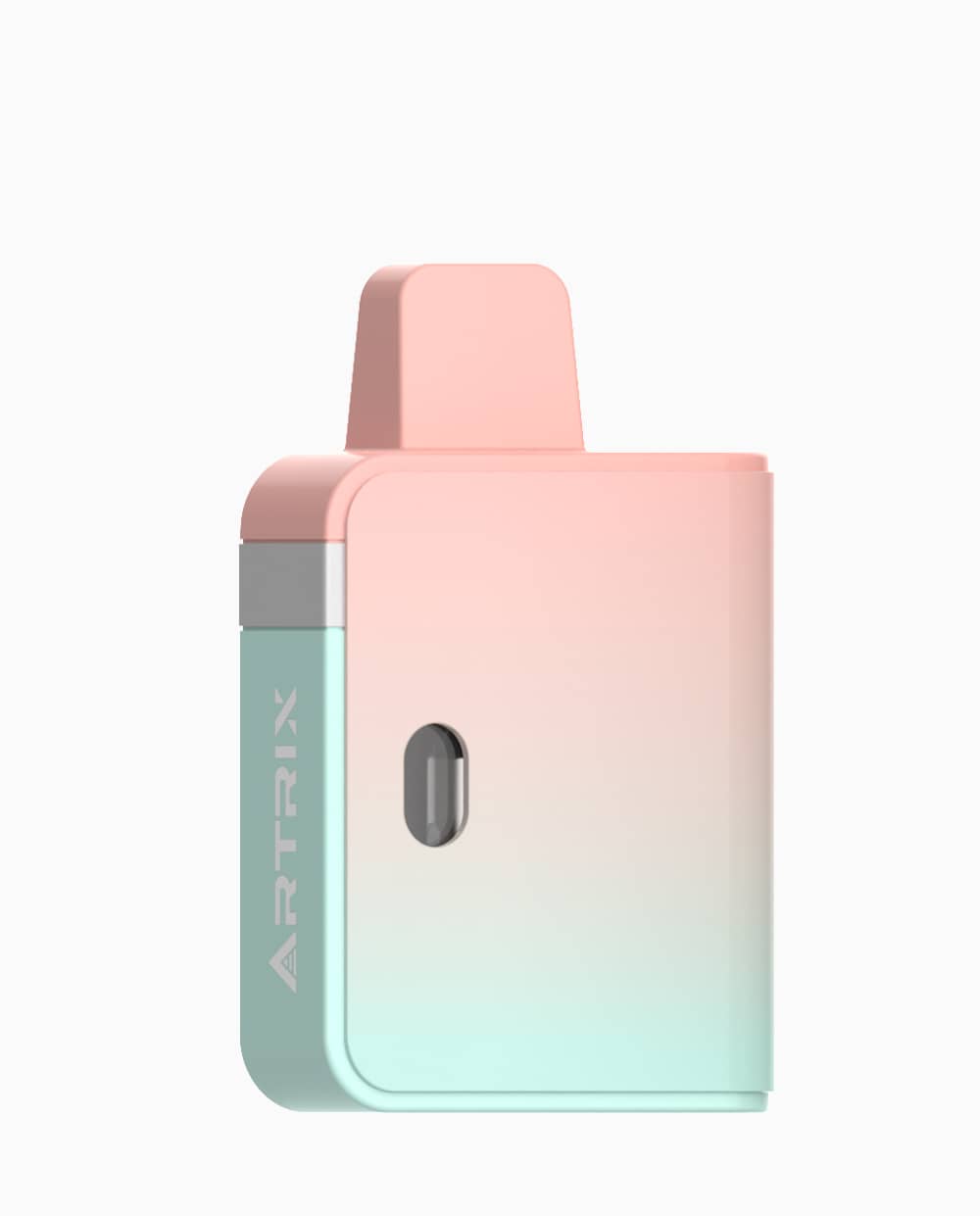
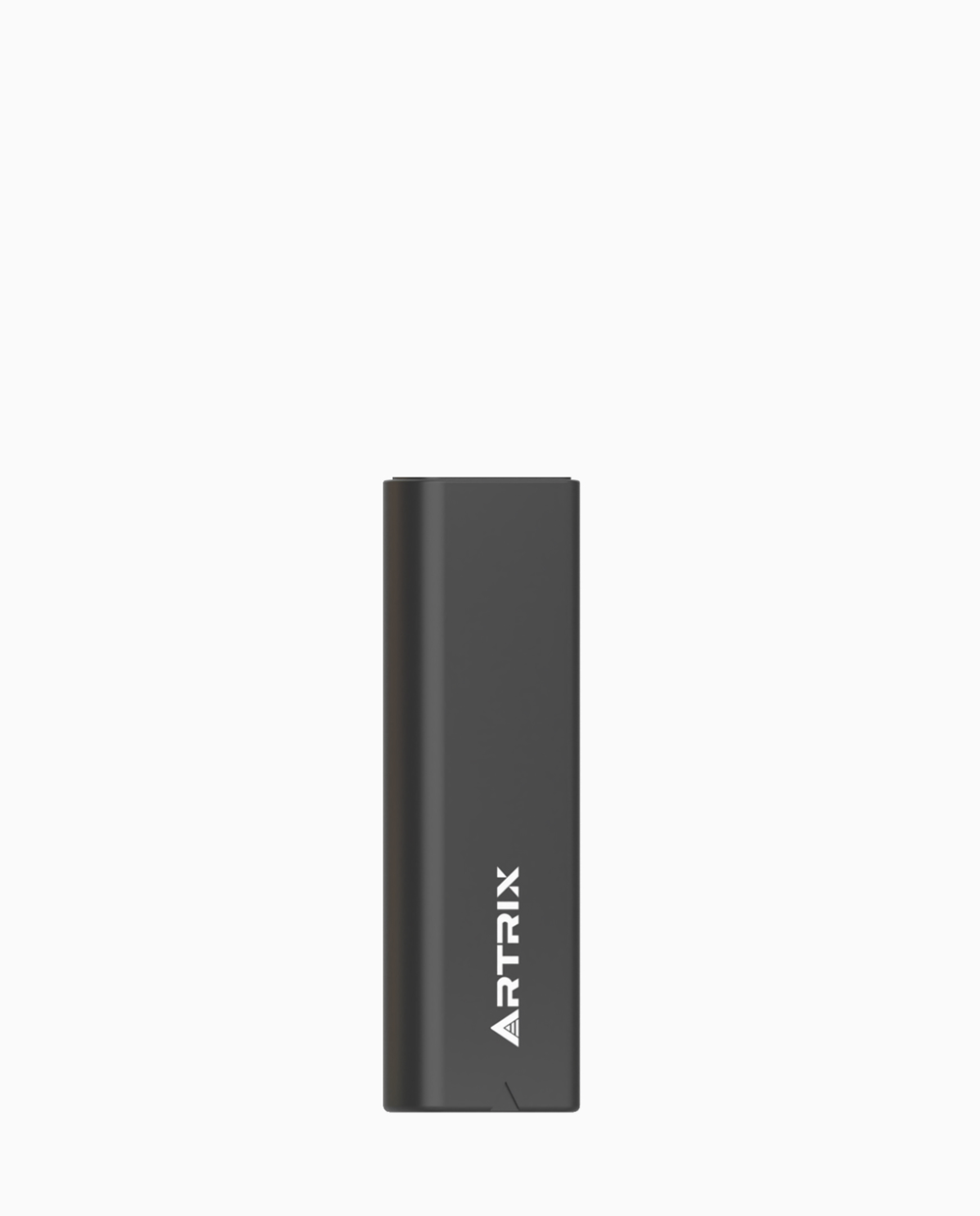

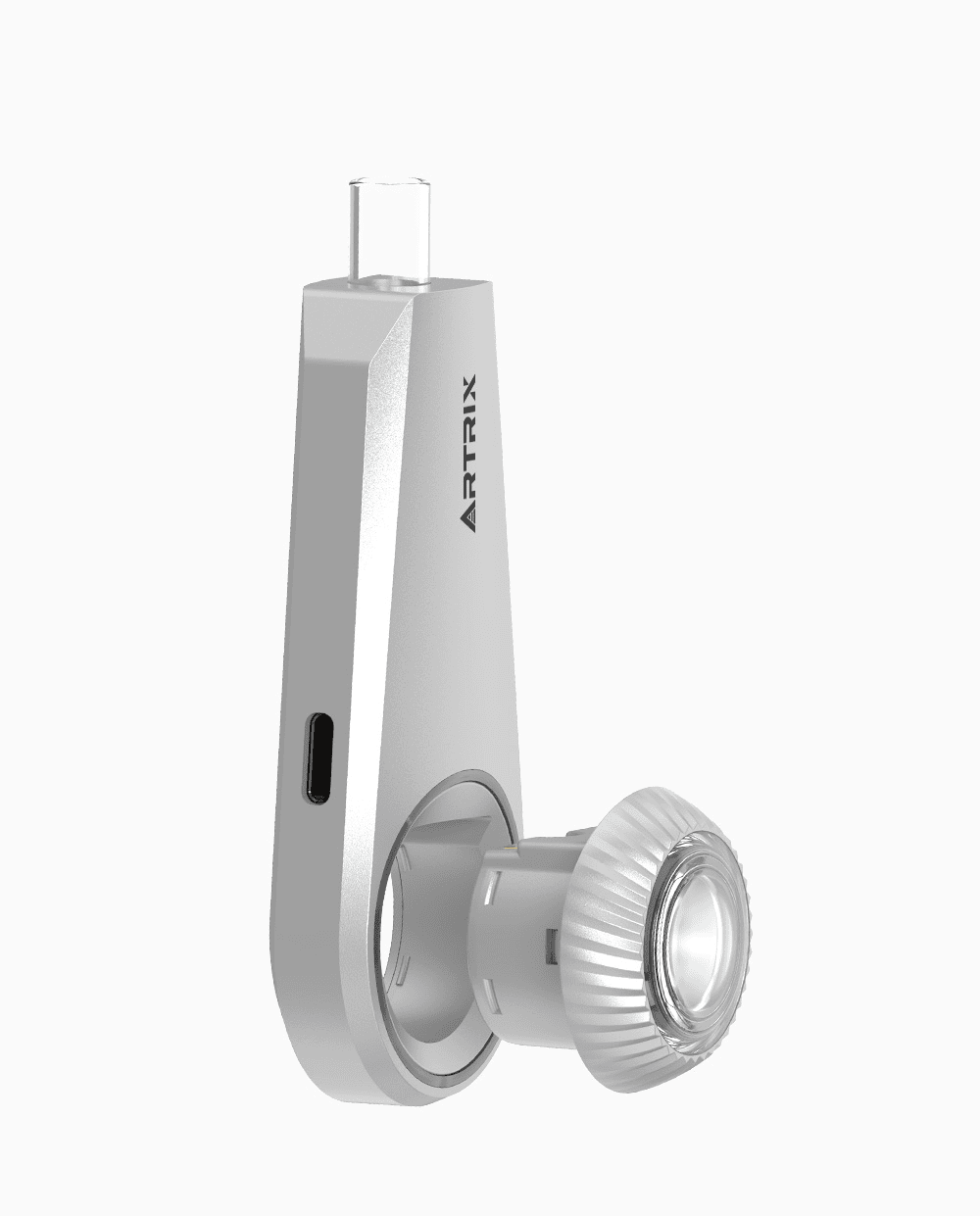
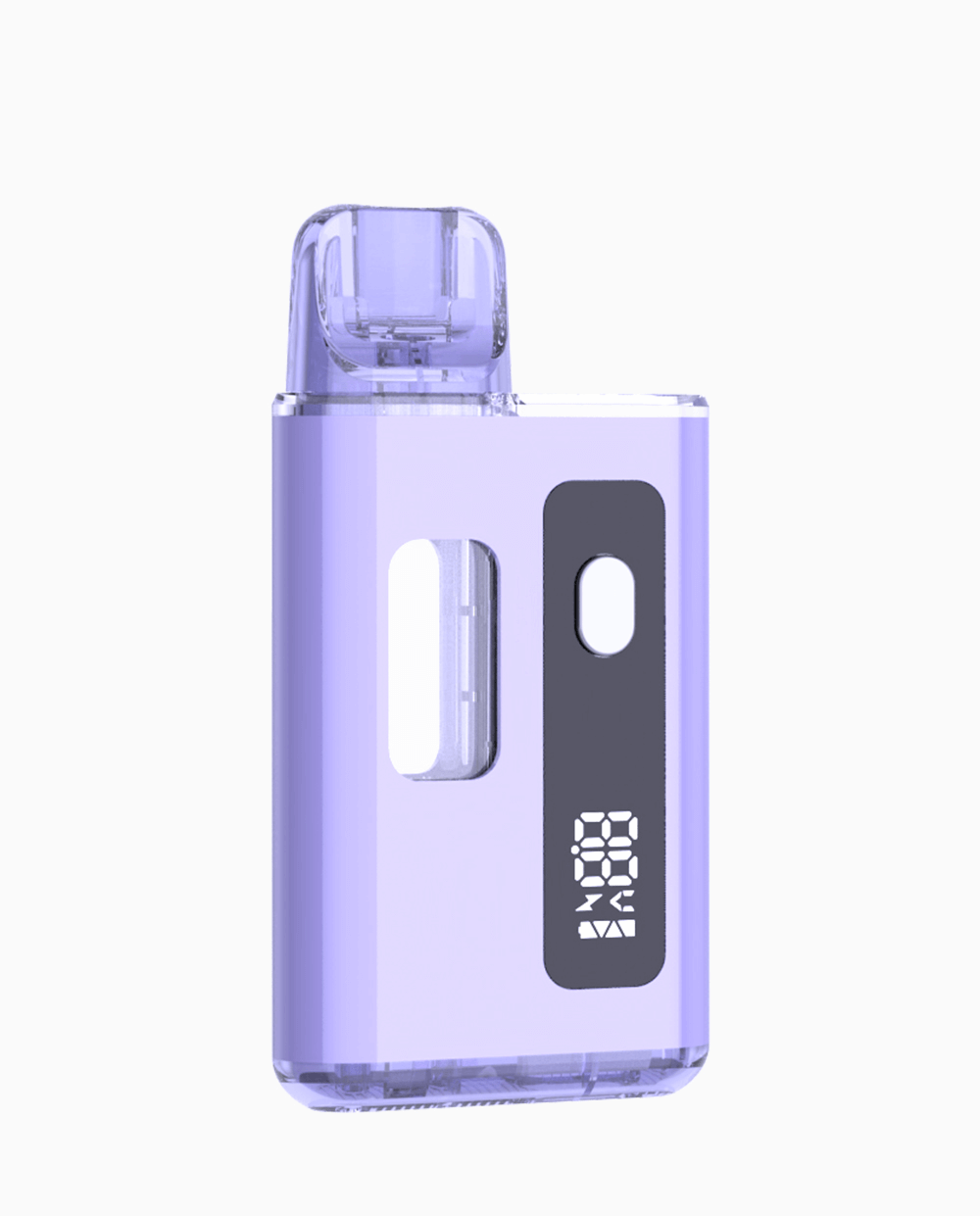
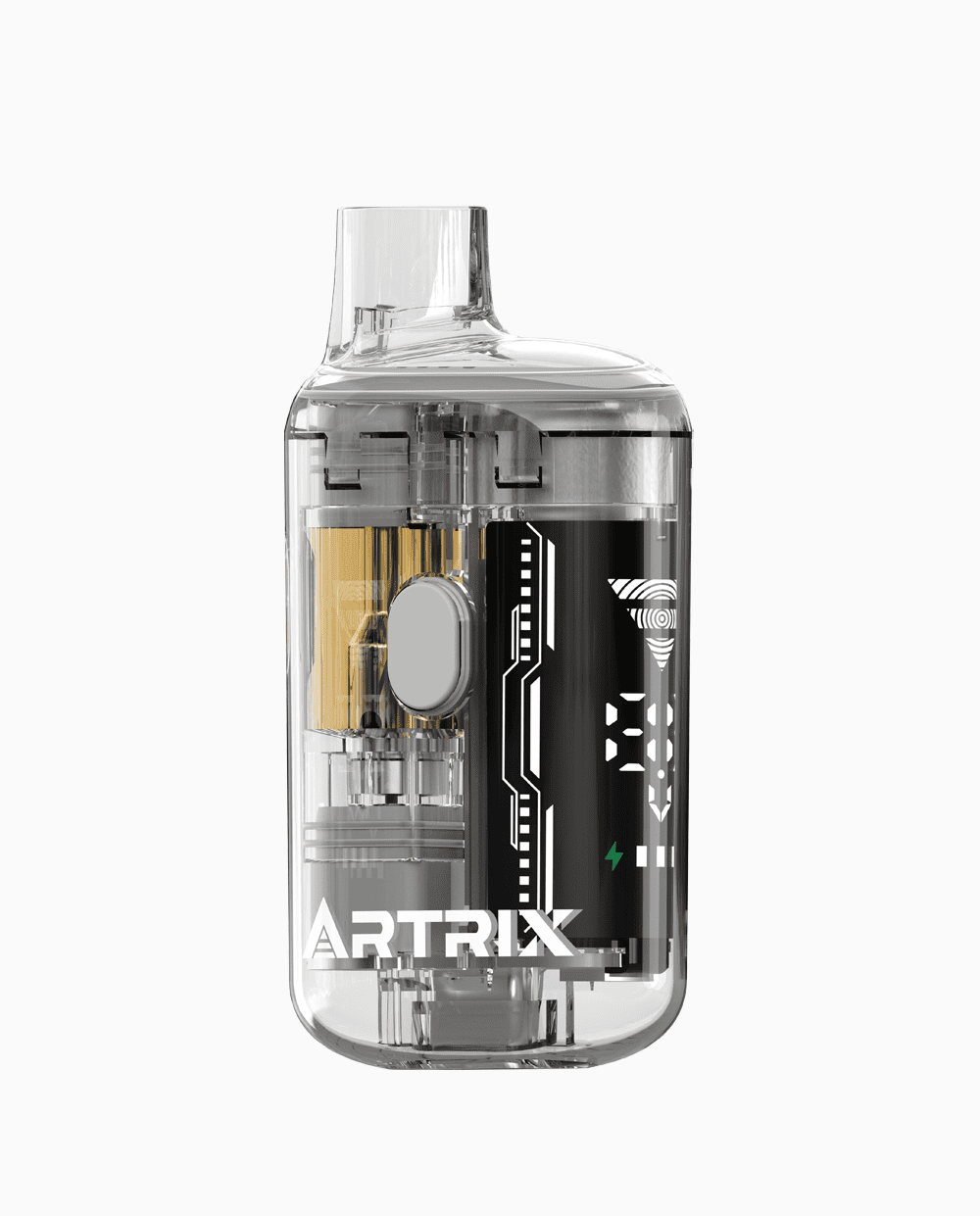
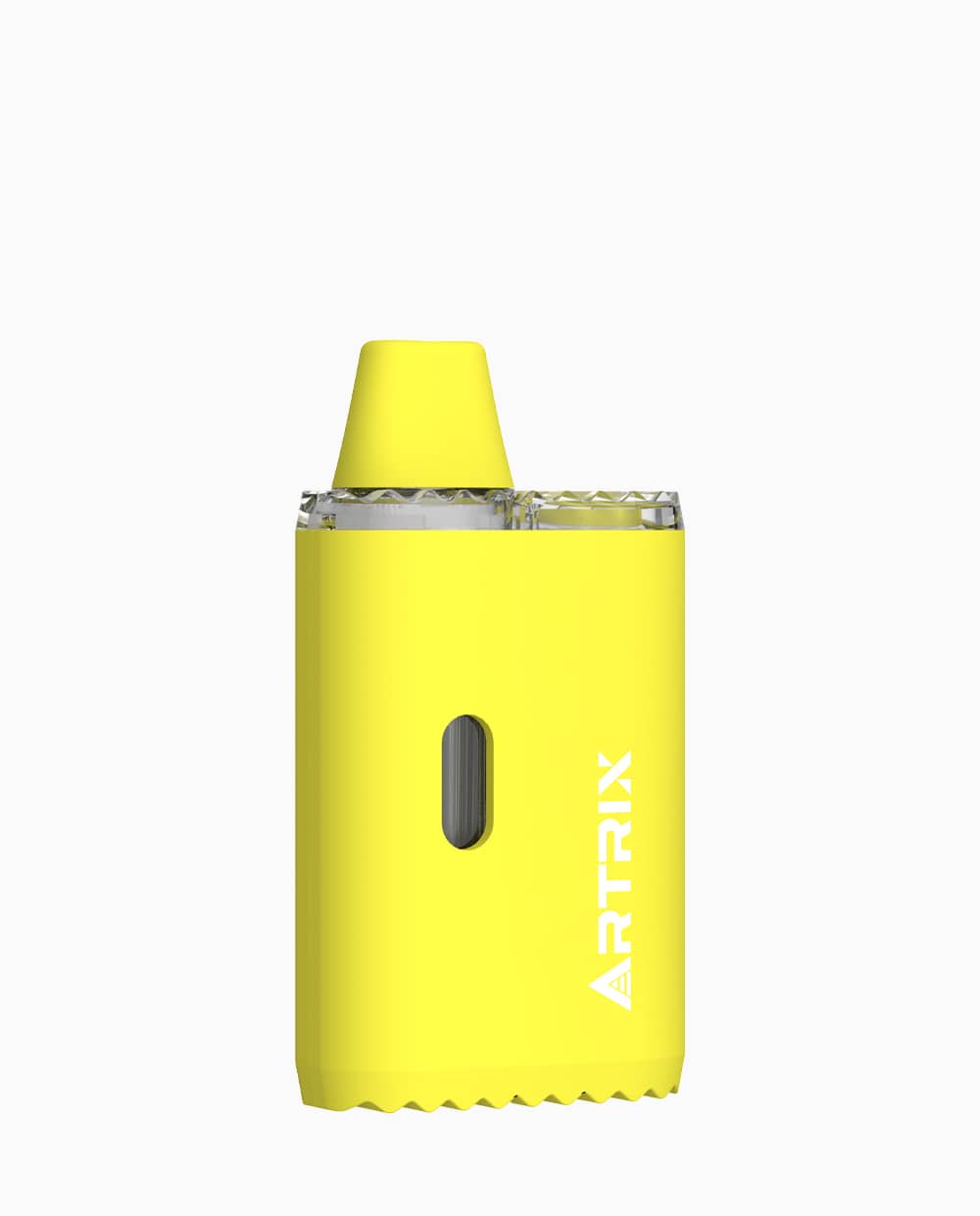
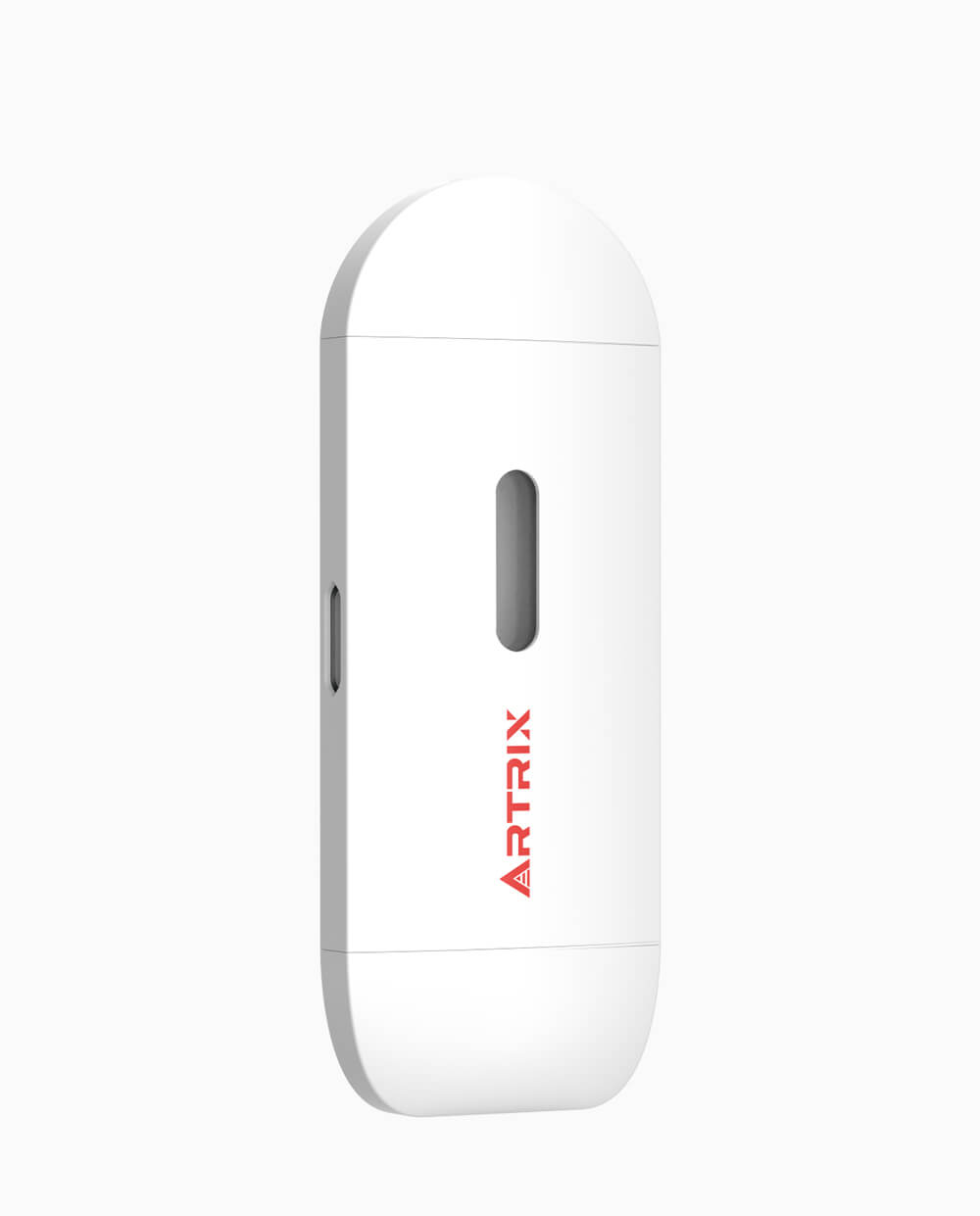
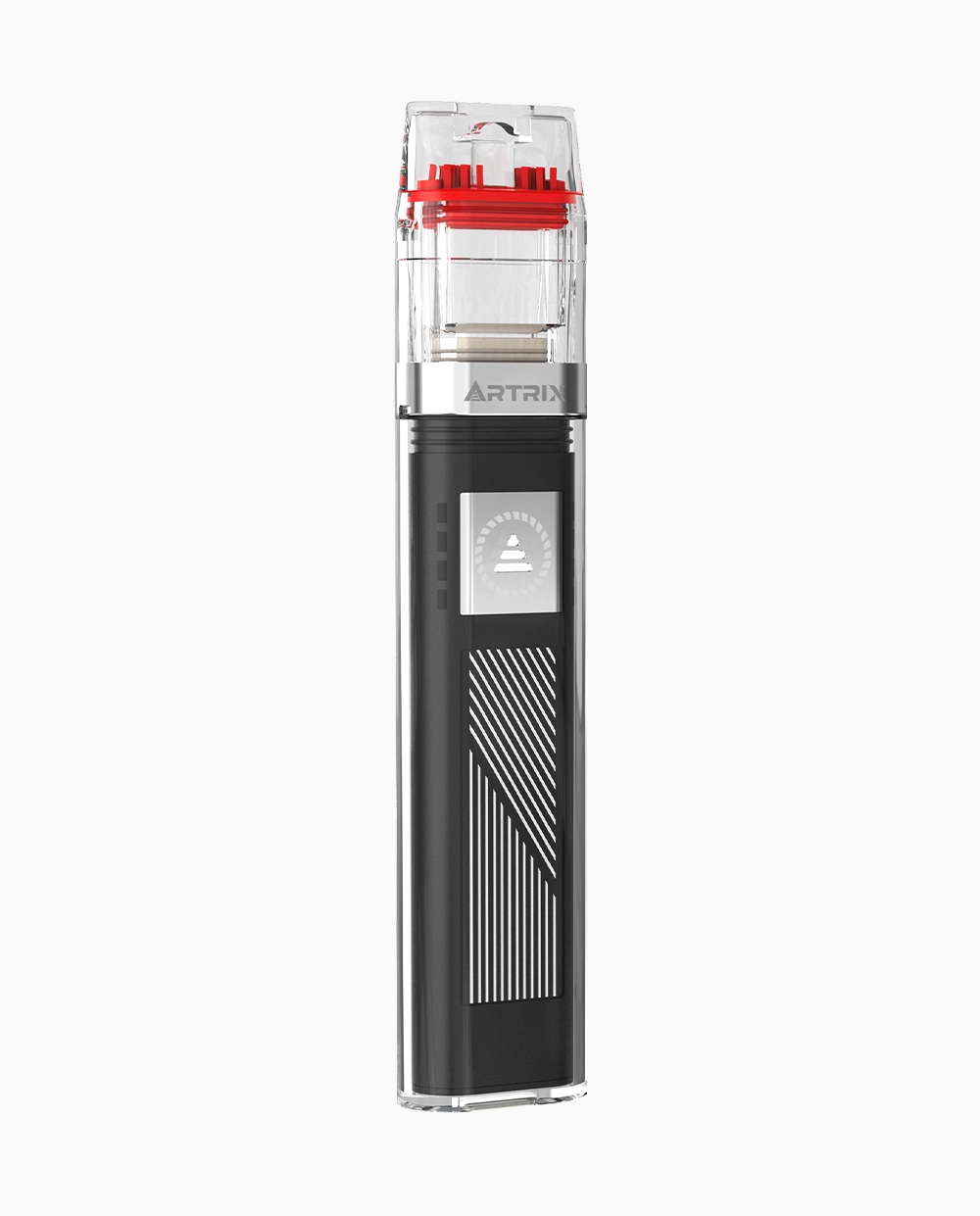
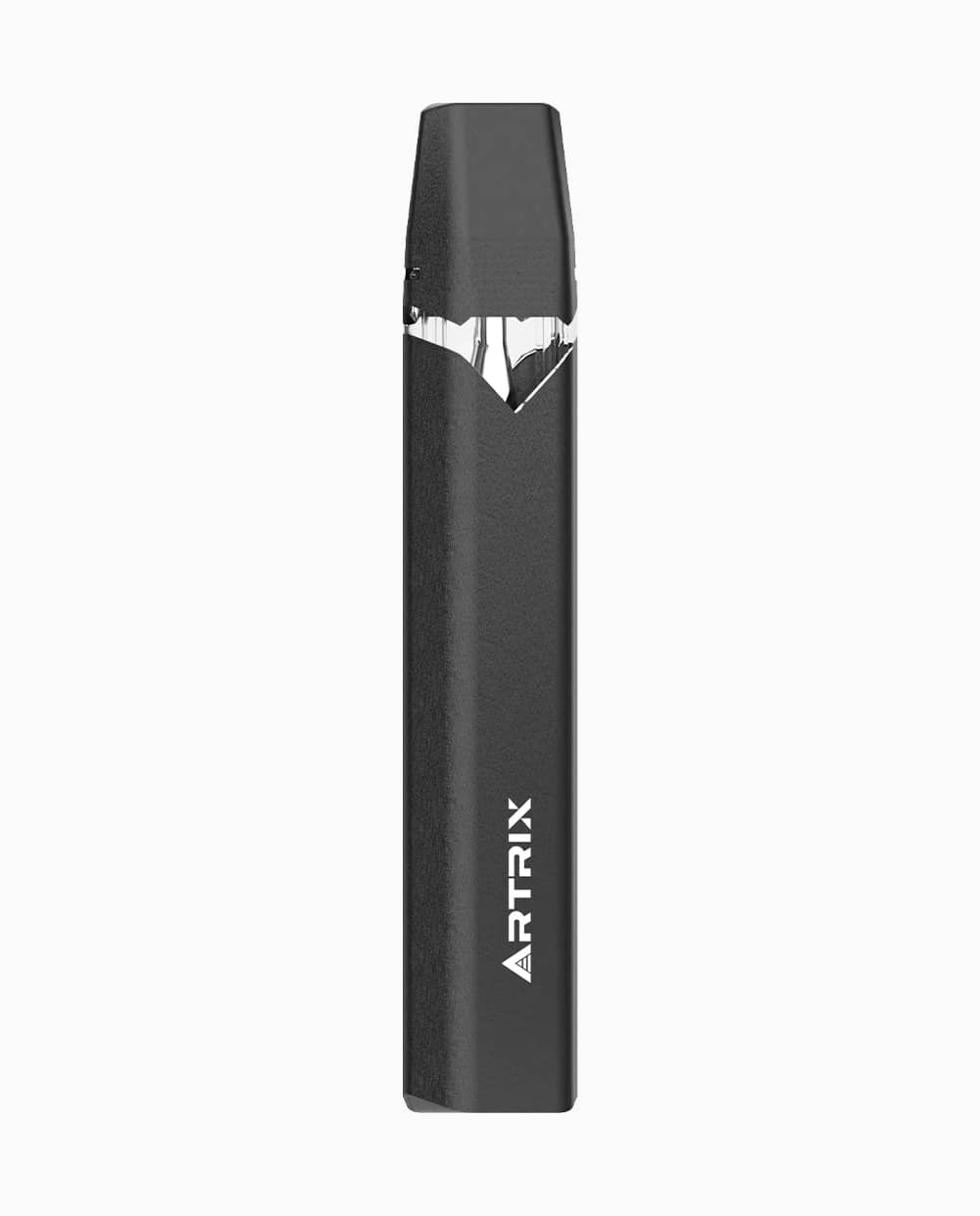
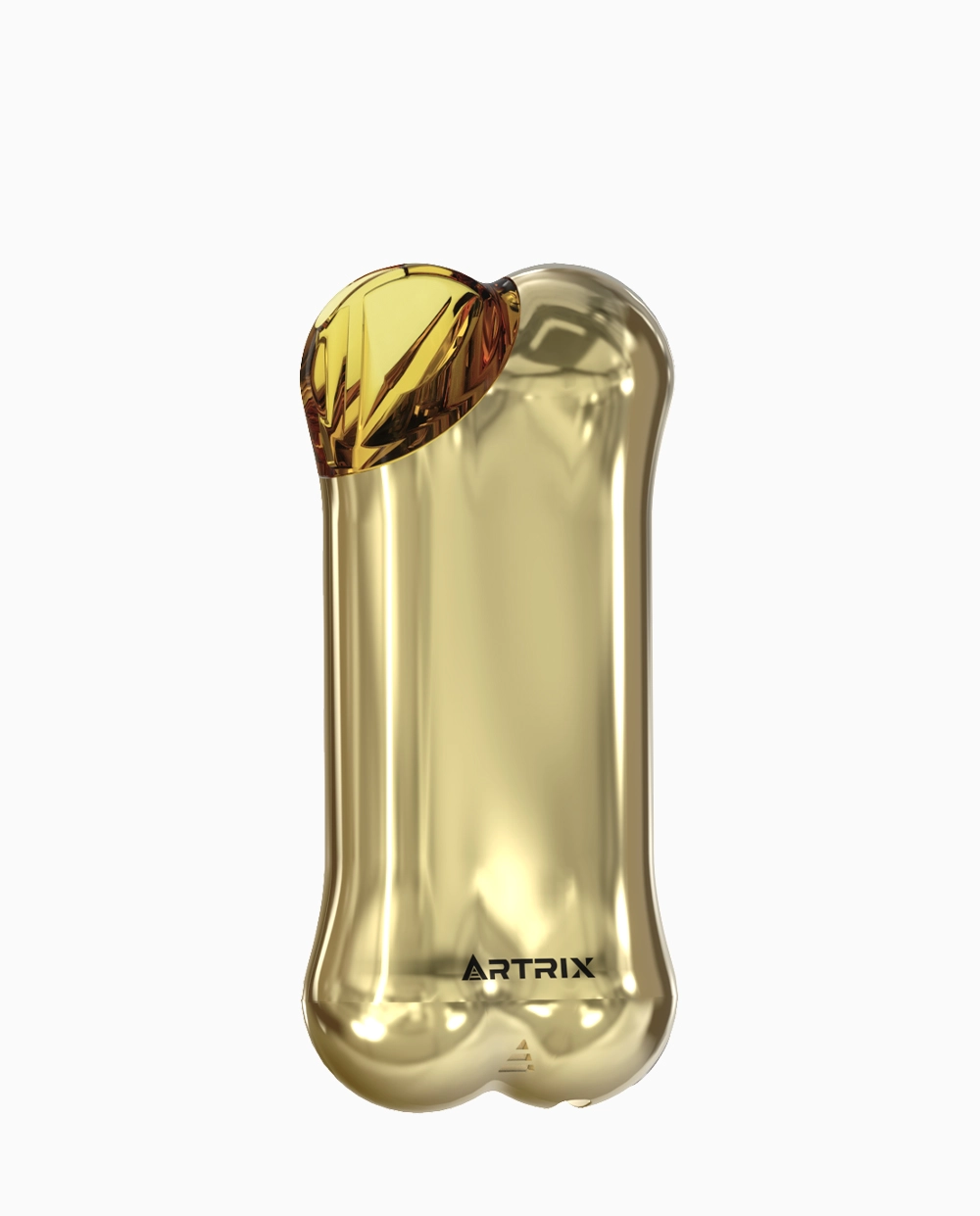
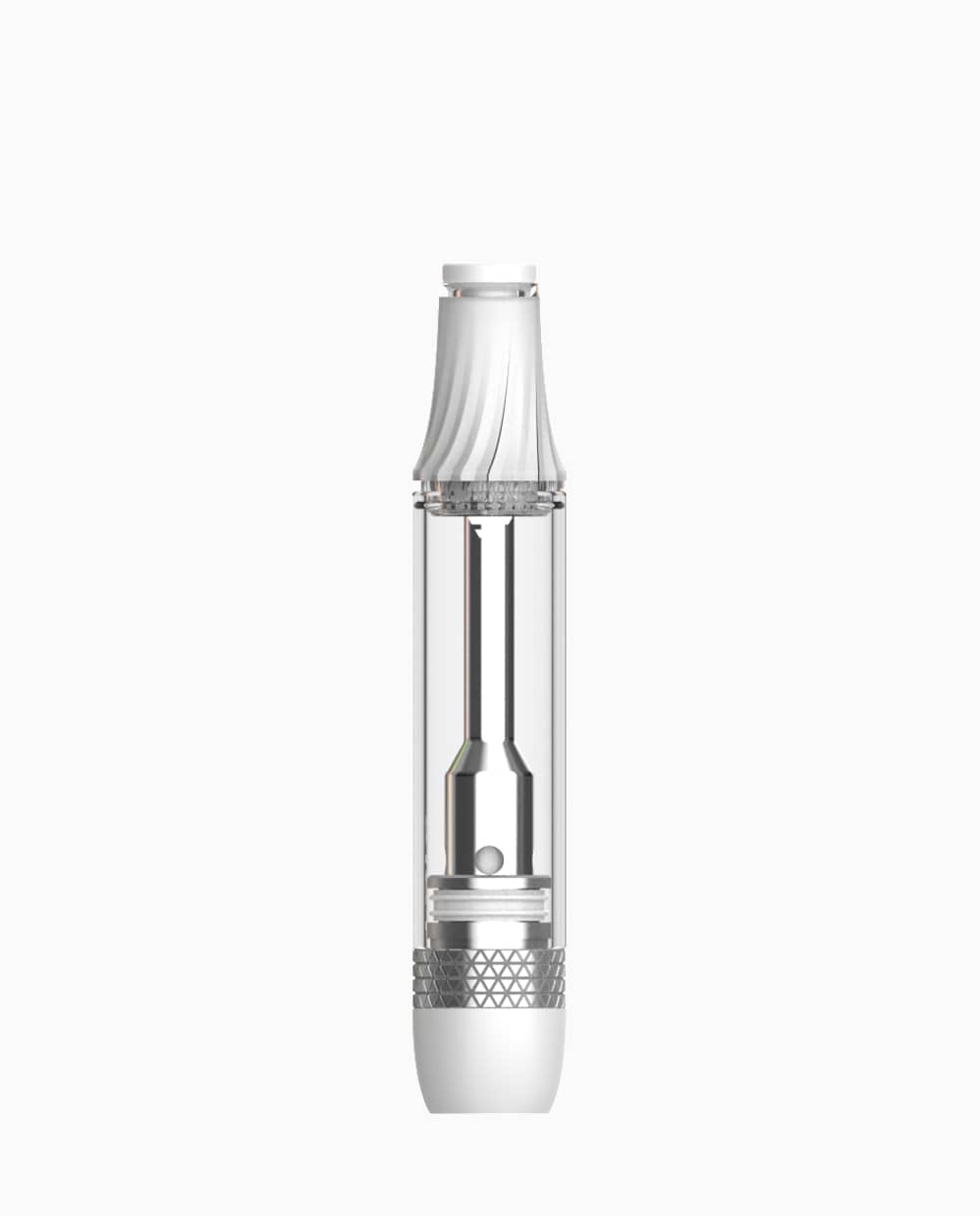

-1.webp)
-1.webp)
-2.webp)
